Since Putin illegally and violently invaded Ukraine, many leading global financial institutions have quickly frozen or withdrawn Russian investments. Significantly, this has meant divestment from the fossil fuel industry which props up Russia’s economy and Putin’s war machine.
BP, LGIM, Aviva, the Norwegian Oil Fund and pension funds around the world were among the first to announce serious moves out of Russia. Soon after, BlackRock suspended purchases of all Russian securities in its active and index funds. Then the US government stepped in to ban US firms from making new investments in Russian energy, or in foreign companies that do so.
ShareAction’s Conor Quinn commented in a post that was widely circulated on Twitter and LinkedIn that says, “The financial response to the war shows how universal truths can evaporate in an instant”.
Now all eyes are on European companies. Will the rest of the #Putin100 big players like Allianz Global Investors, Deutsche Bank, UBS and Credit Suisse, freeze or unwind their huge exposures to the Russian economy?
However, it’s not as simple as saying ‘you’re cut off’ to Putin.
Russia amassed its power by building an international market for its fossil fuel exports over decades. And Europe isn’t just any paying customer, its energy grid is structurally dependent on Russia.
This is where financial players like institutional investors, banks and insurers come in: they can bankroll a new climate-safe system and benefit from it. If countries and financial institutions take action by selling their Russian fossil fuel assets, we will see the power of economic sanctions, hasten the end of the conflict, and catalyse decarbonisation.
So let’s be crystal clear: As the climate crisis continues to heat up, this is not the time to swap out an autocrat’s fossil fuel supply for a “peaceful” one (psst: there’s no such thing ).
It’s time to dramatically fund and finance the just transition away from oil, gas, and coal and towards renewable energy, making the current fossil fuel divestment moves permanent, and extending them.
Lessons learned?
This isn’t the first time a direct line has been drawn from fossil fuels to a violent war.
“We already know that banks, insurance companies, and institutional investors like pension funds are the great enablers of climate chaos, the war in Ukraine makes it tragically clear that they’re the enablers of military chaos as well”, says Stand.Earth’s Todd Paglia.
And it seems that the US Administration now agrees, announcing a plan with “widespread bipartisan support” to “ensure that American companies and American investors are not underwriting Vladimir Putin’s efforts to expand energy production inside Russia”. But will similar steps be taken for other fossil-fueled wars, current or in the future?
Institutional investors are under increasing pressure to decarbonize the economy to secure our climate, peace, and stability. With public and political opinion changing at warp speed, company directors and pension fund trustees need to move fast to avoid being left behind — their portfolios and their AGM votes face scrutiny like never before.
Let’s draw inspiration from top Ukrainian climate scientist Svitlana Krakovska:
“Burning oil, gas and coal is causing warming and impacts we need to adapt to. And Russia sells these resources and uses the money to buy weapons. Other countries are dependent upon these fossil fuels. This is a fossil fuel war. It’s clear we cannot continue to live this way, it will destroy our civilization.”
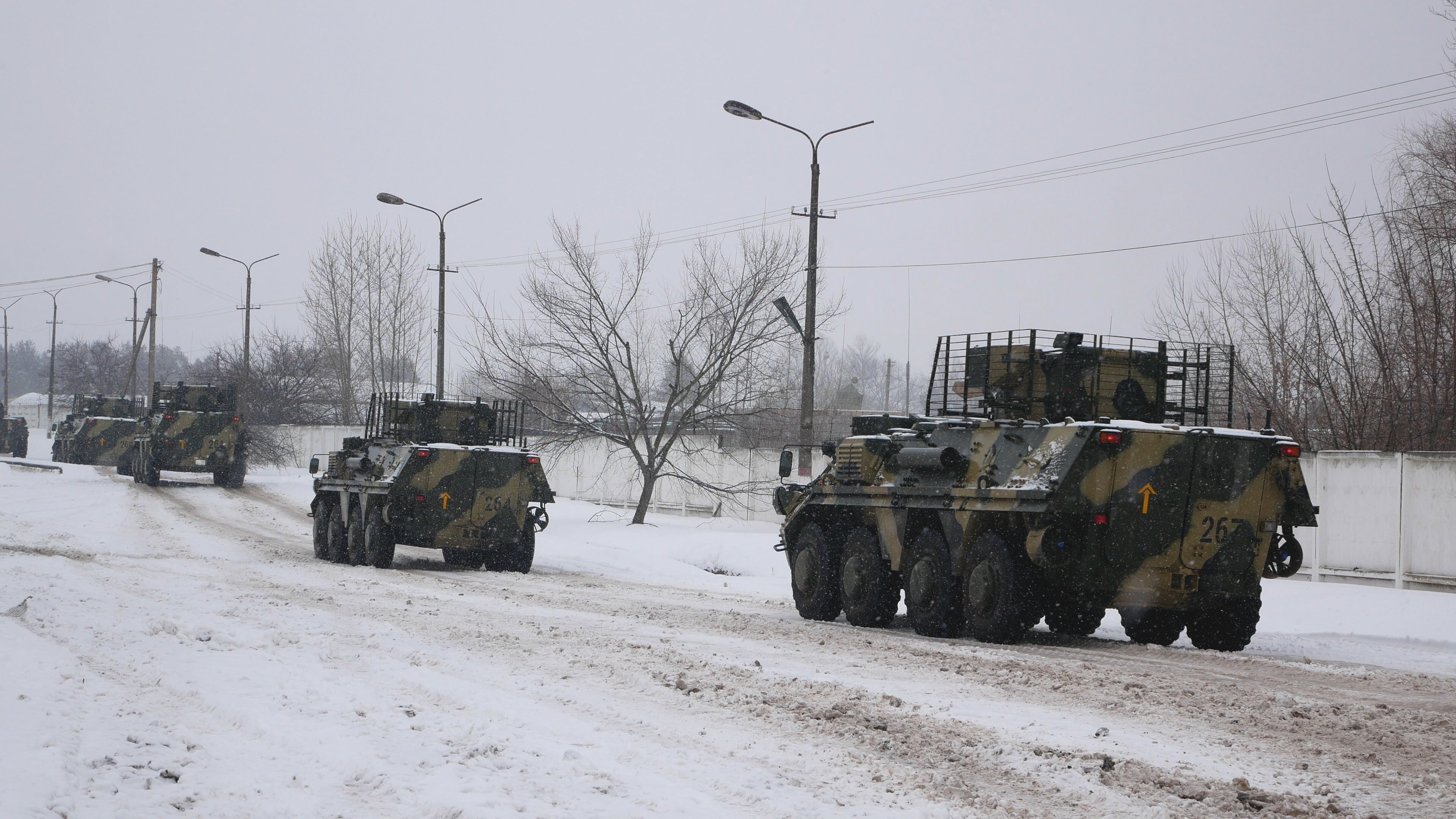

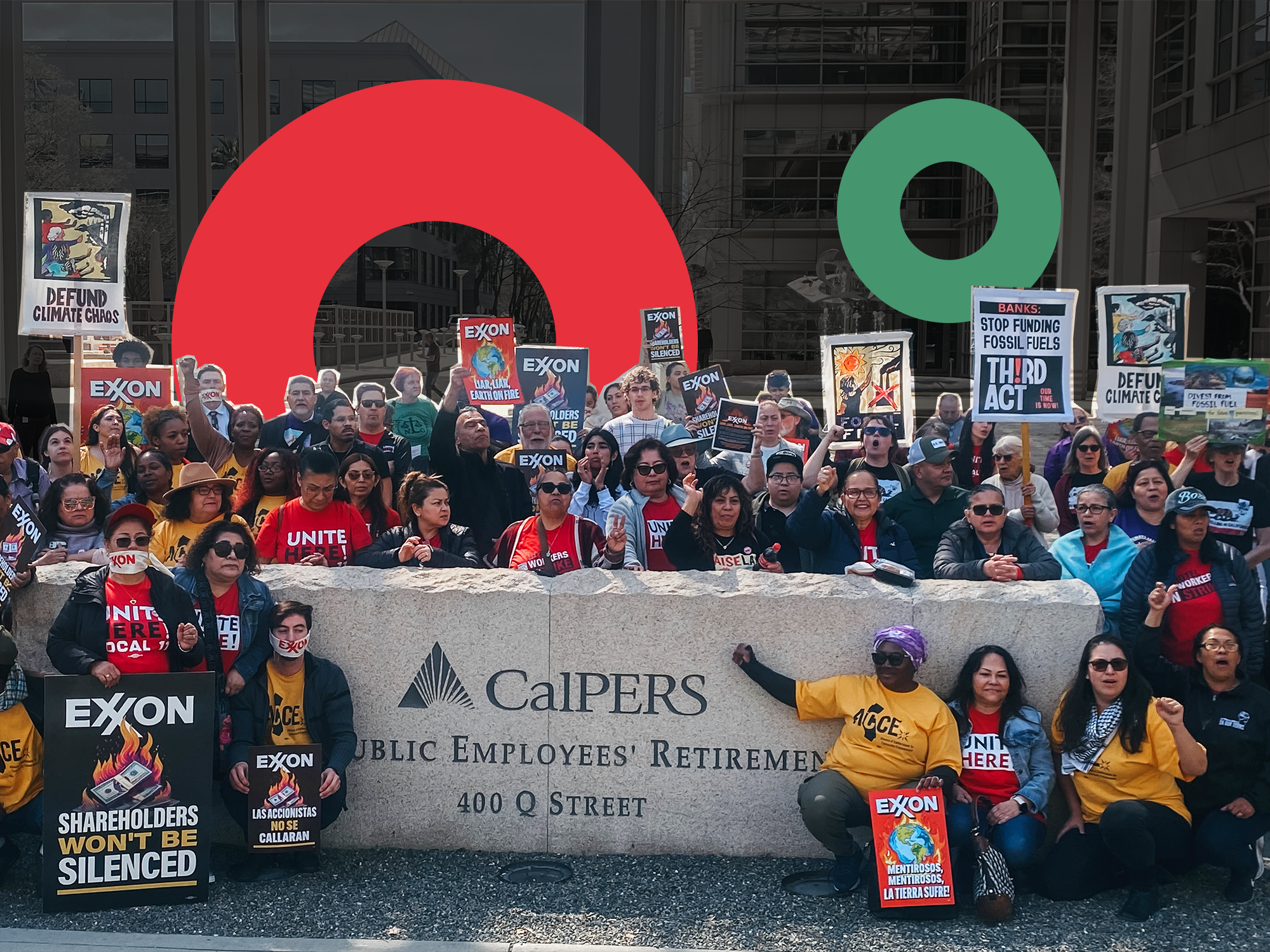
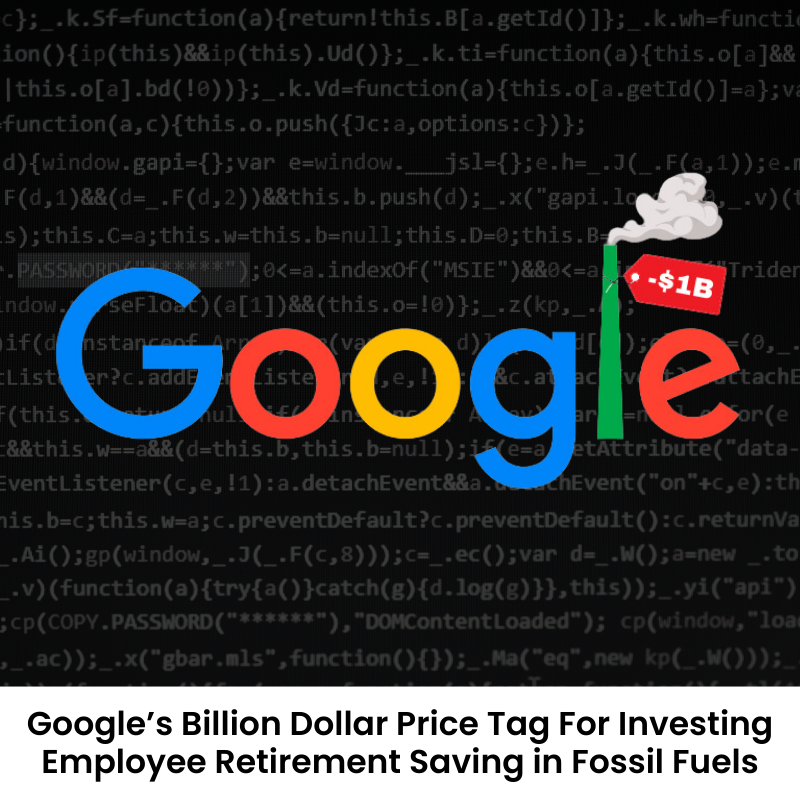

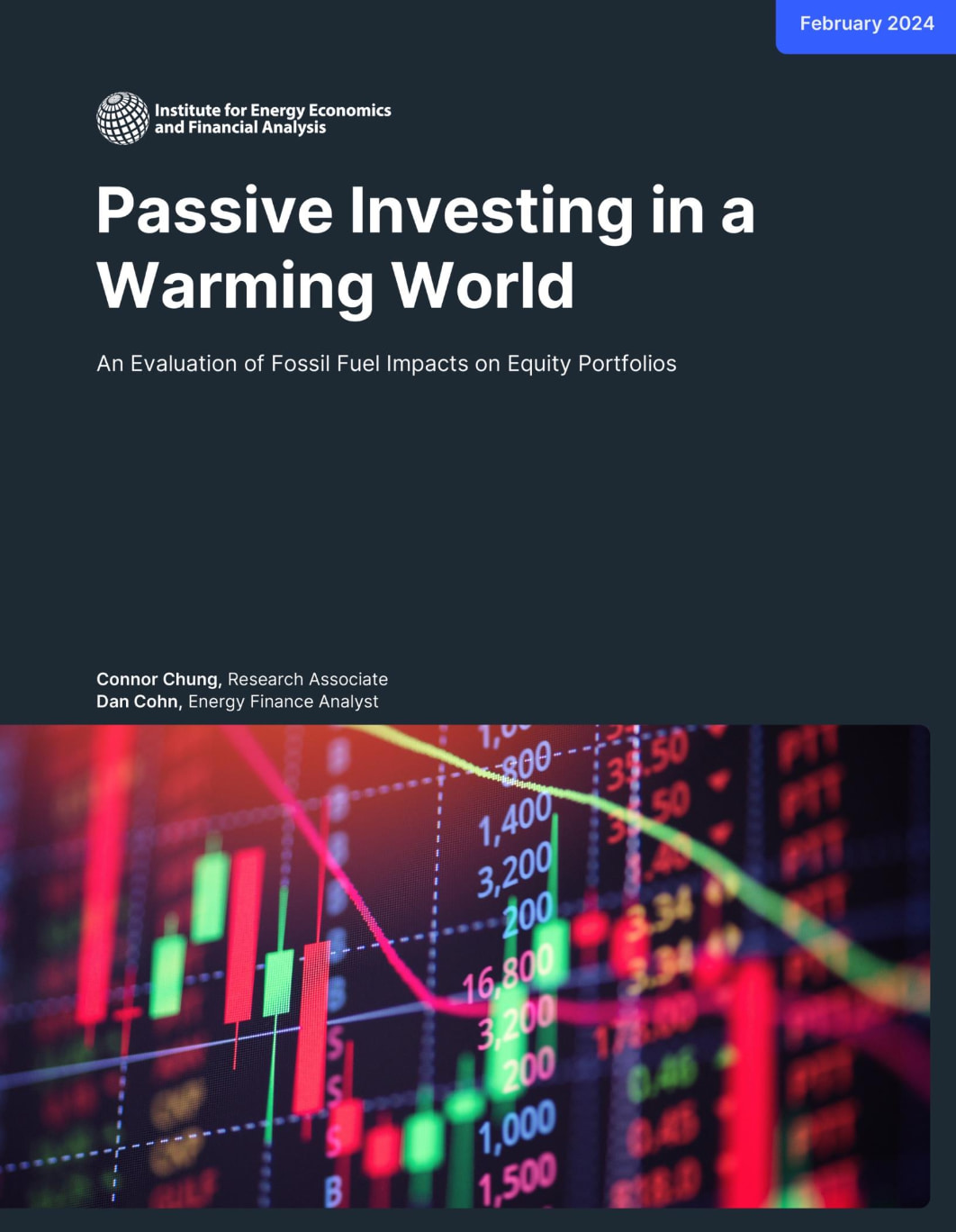
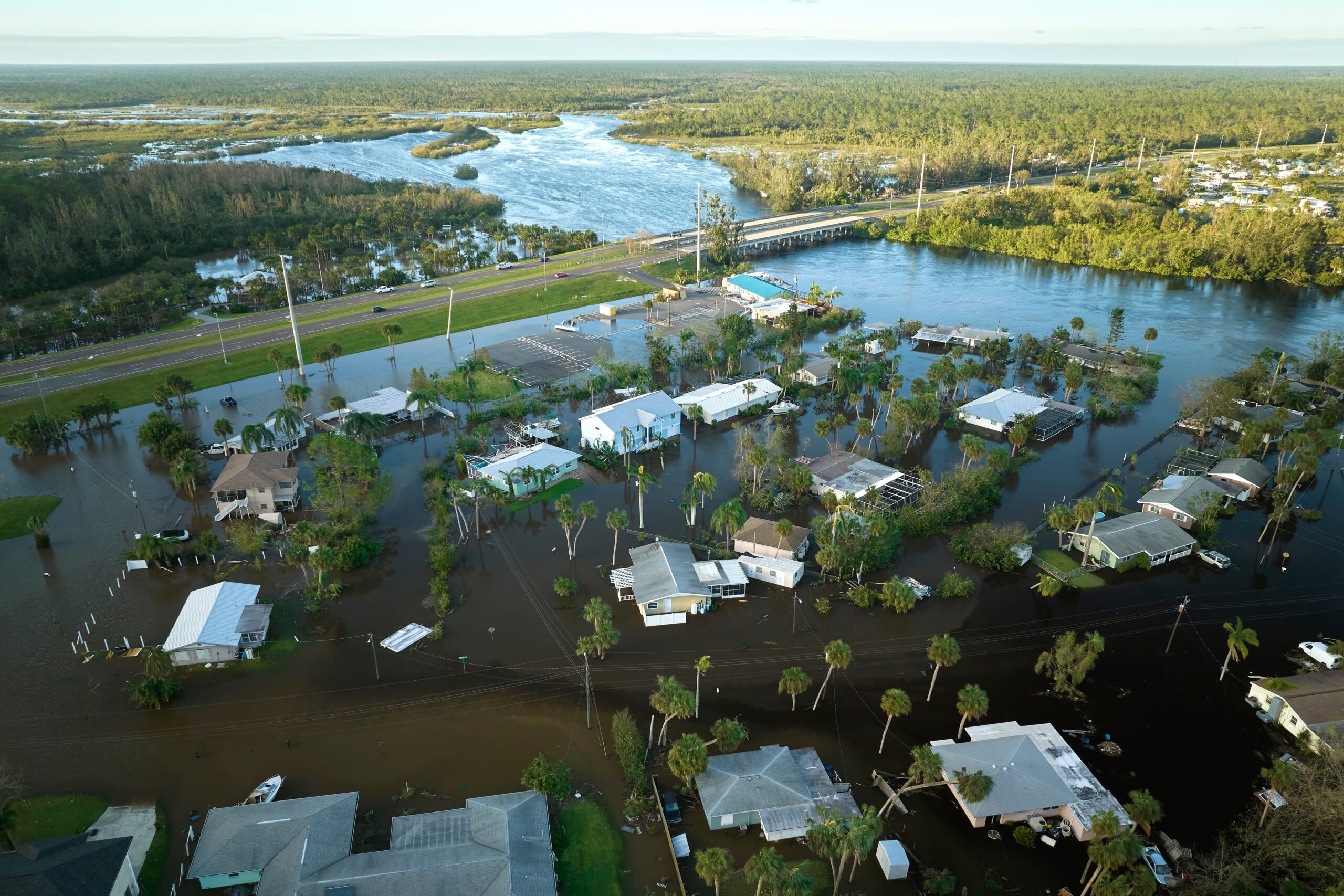
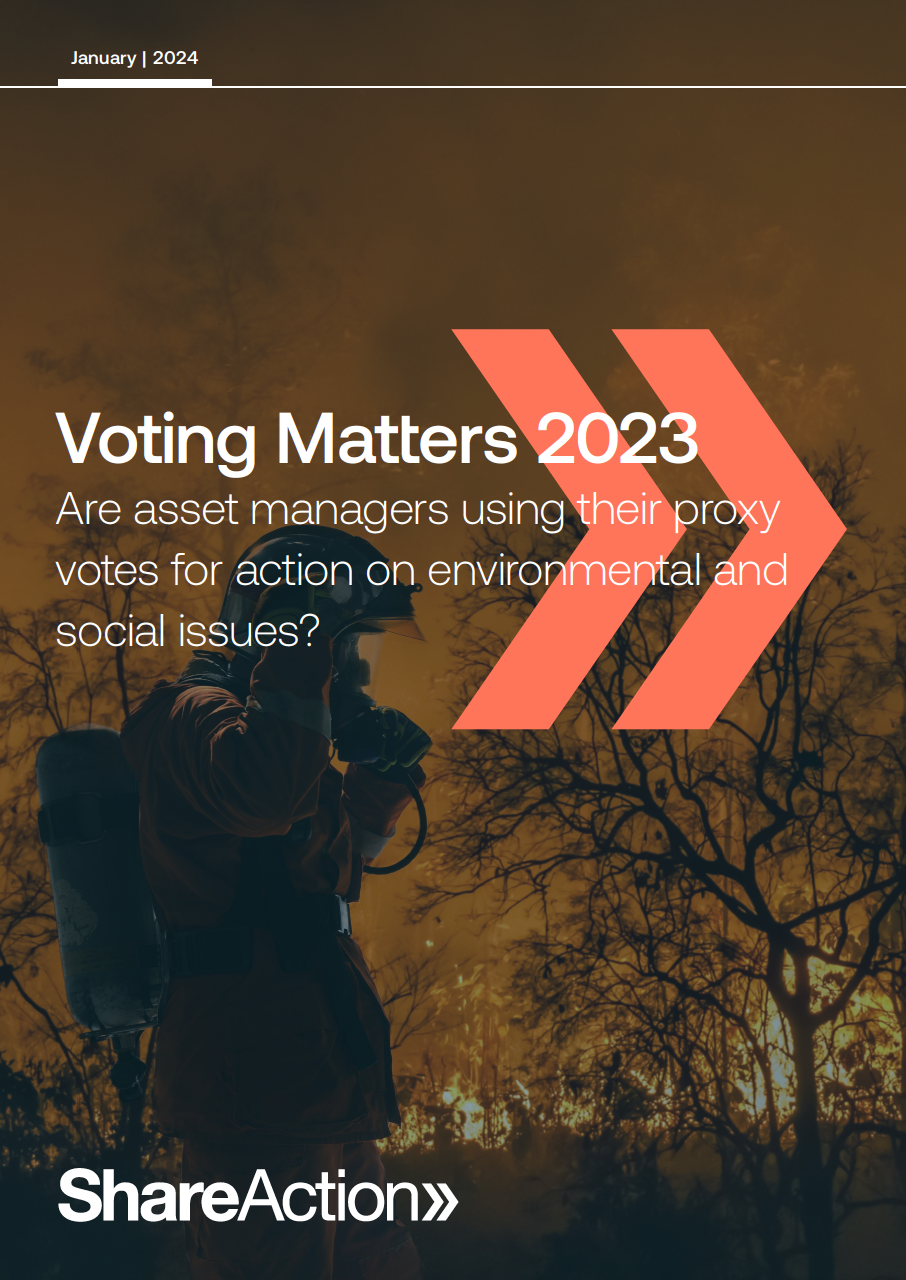
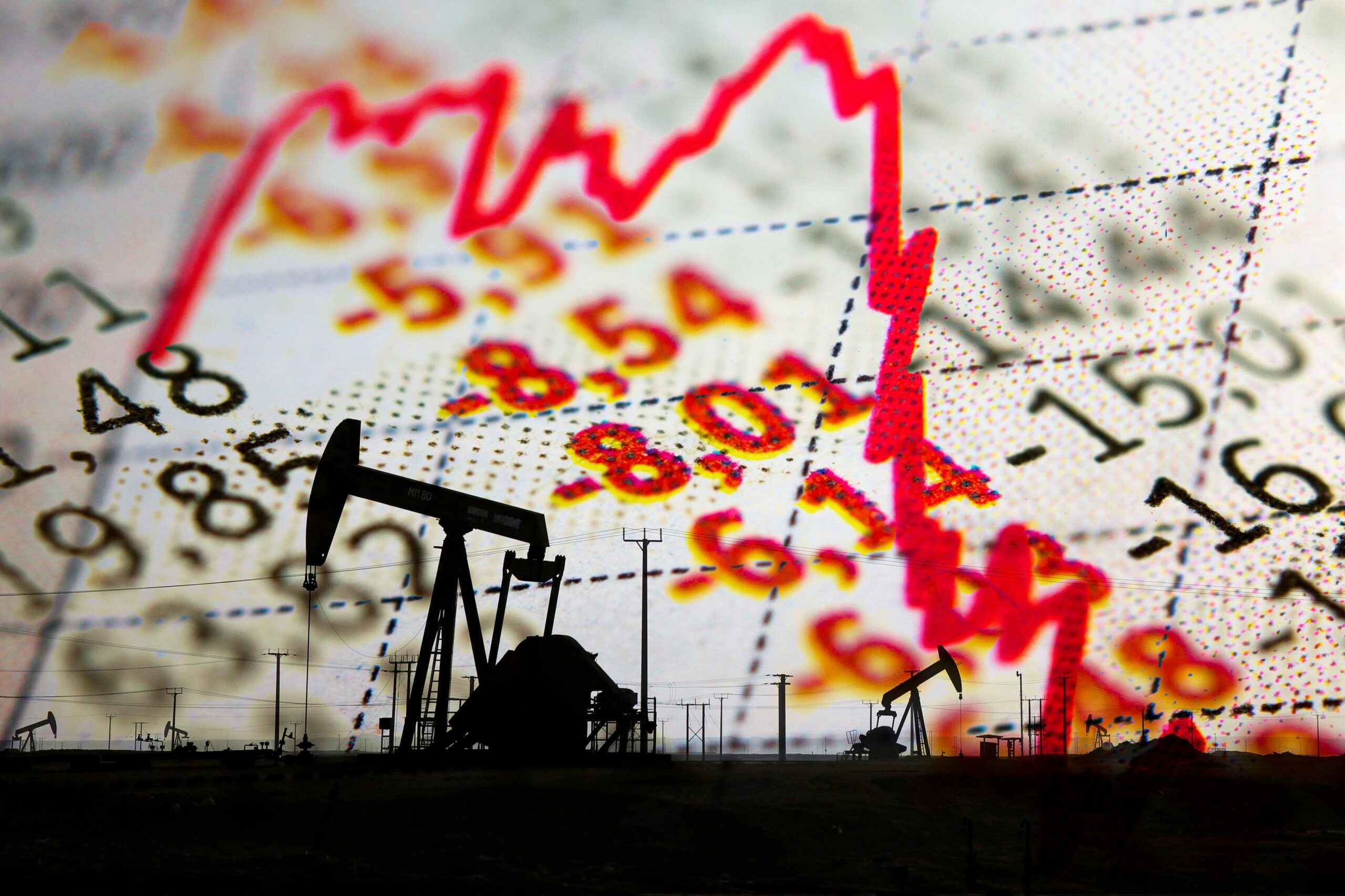
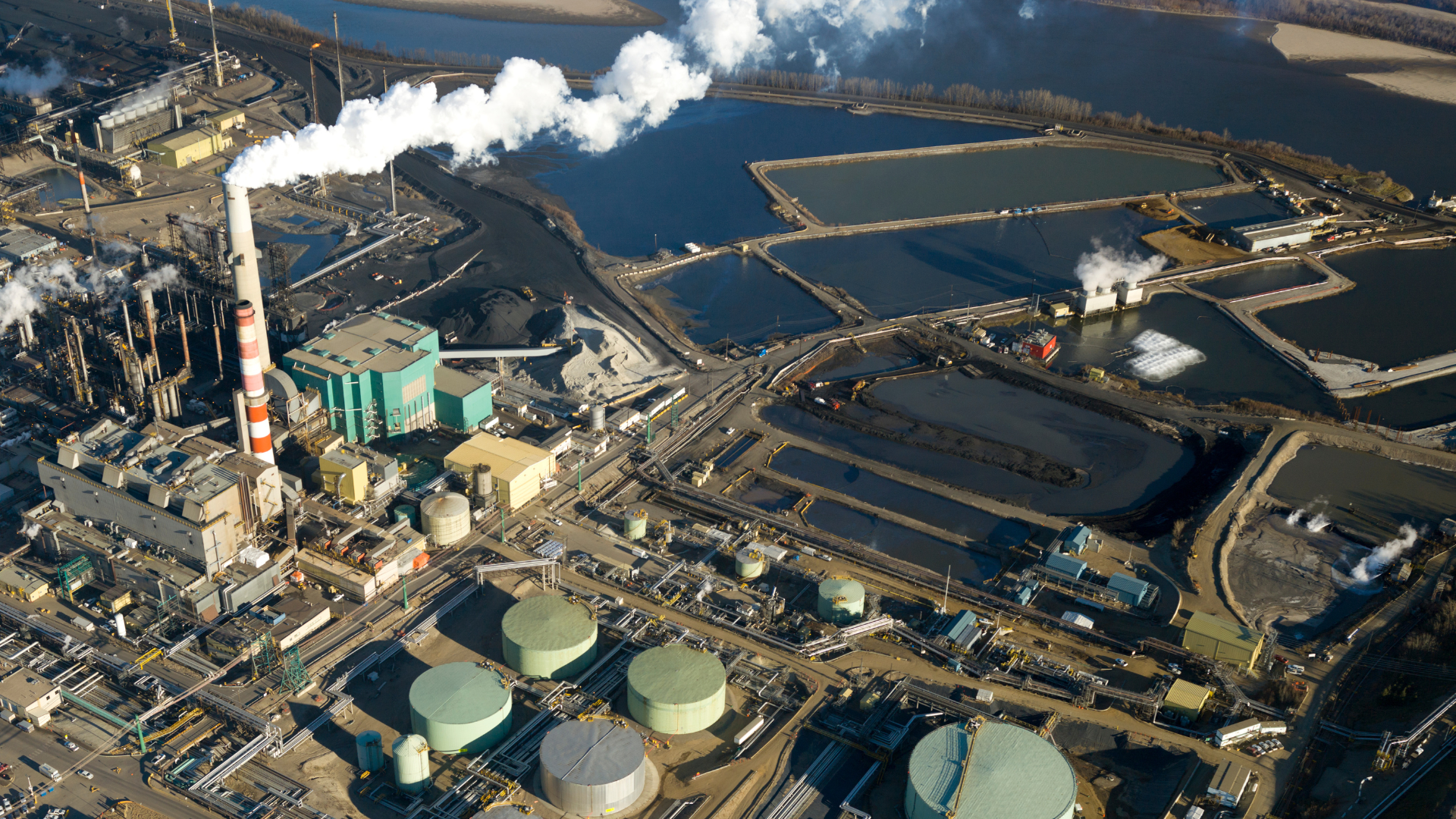
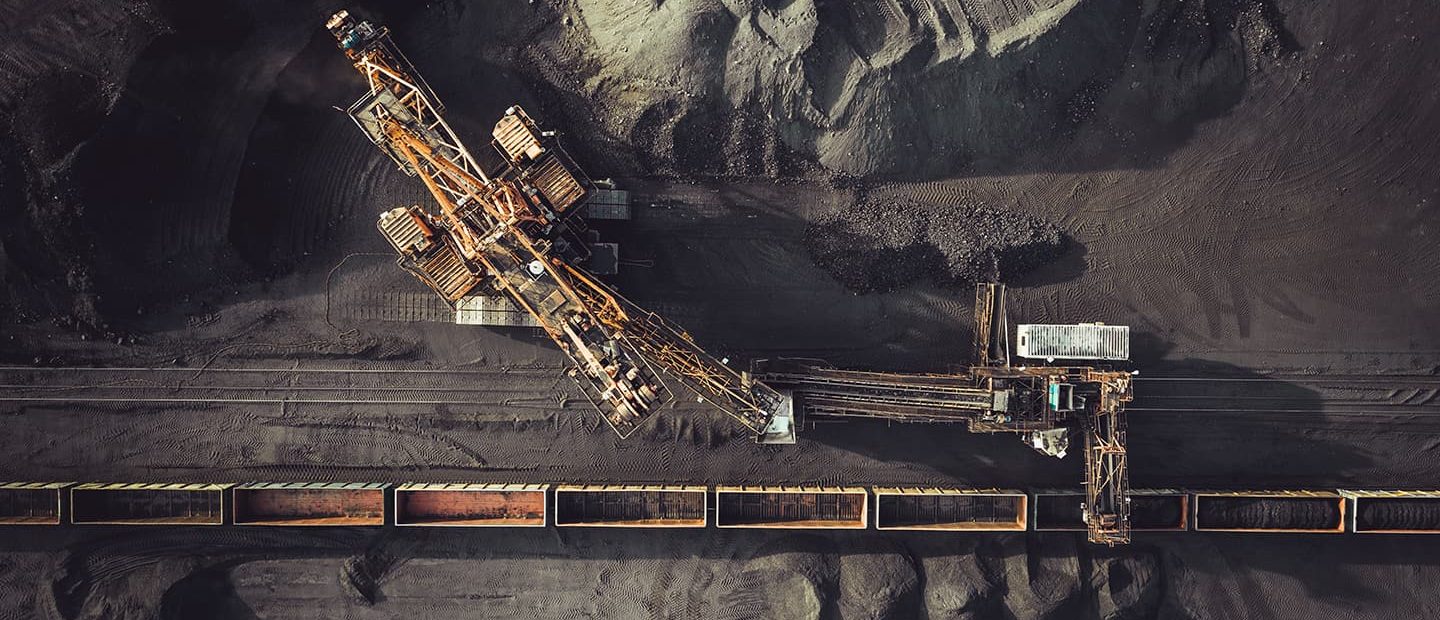





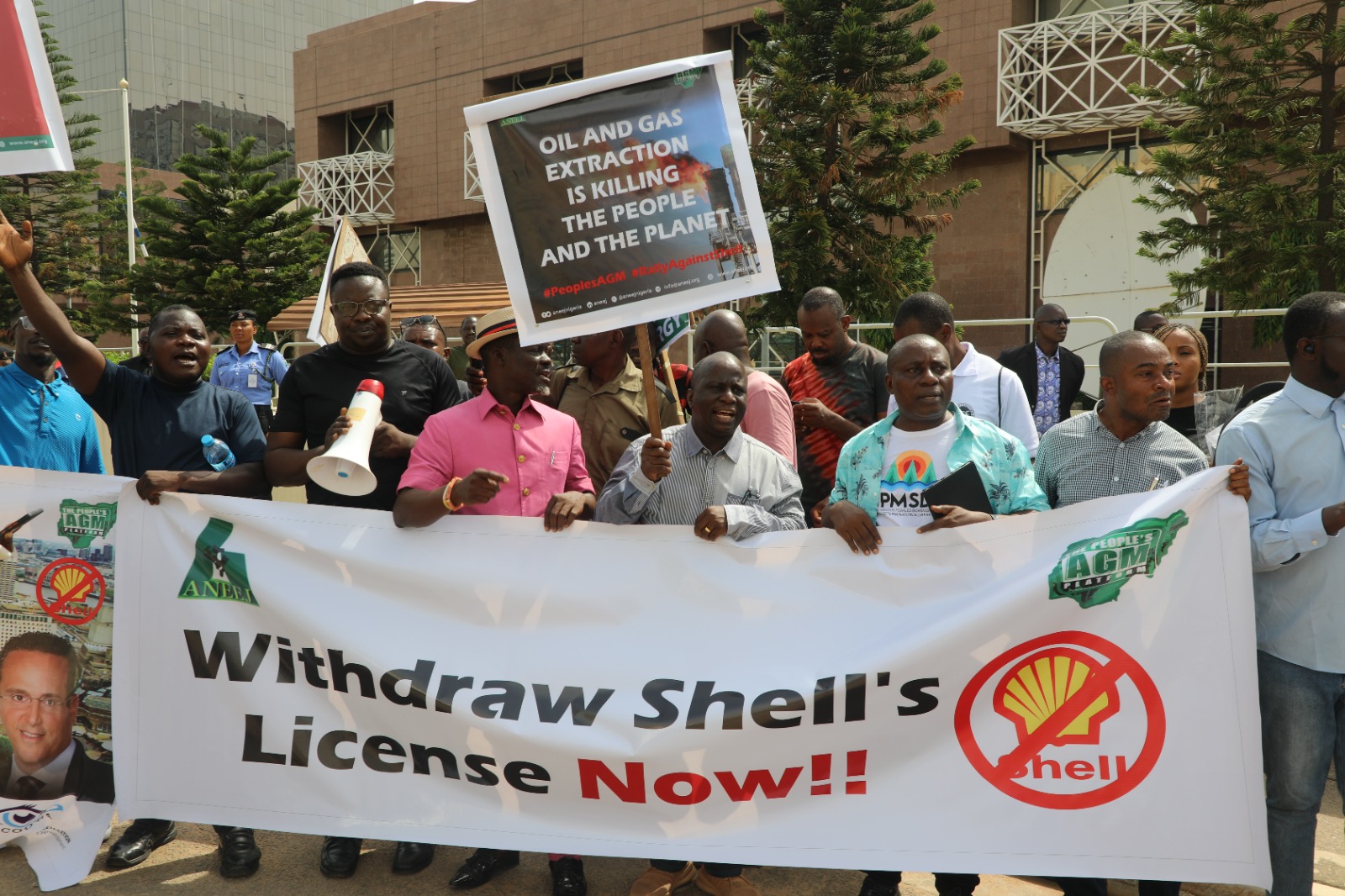


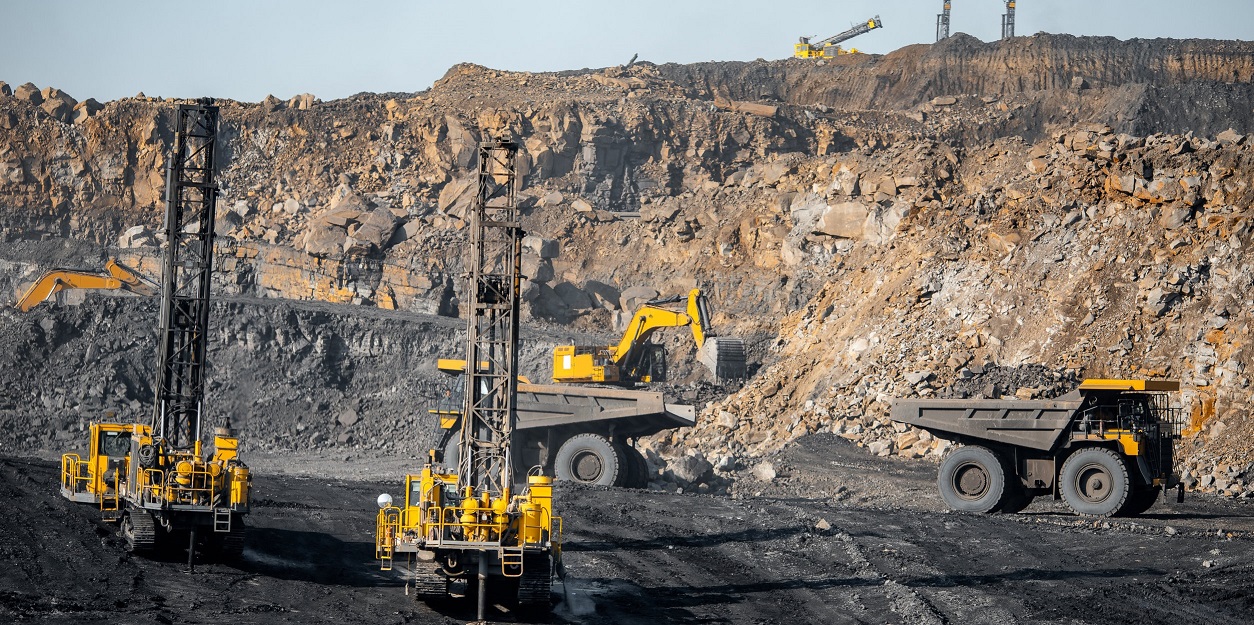





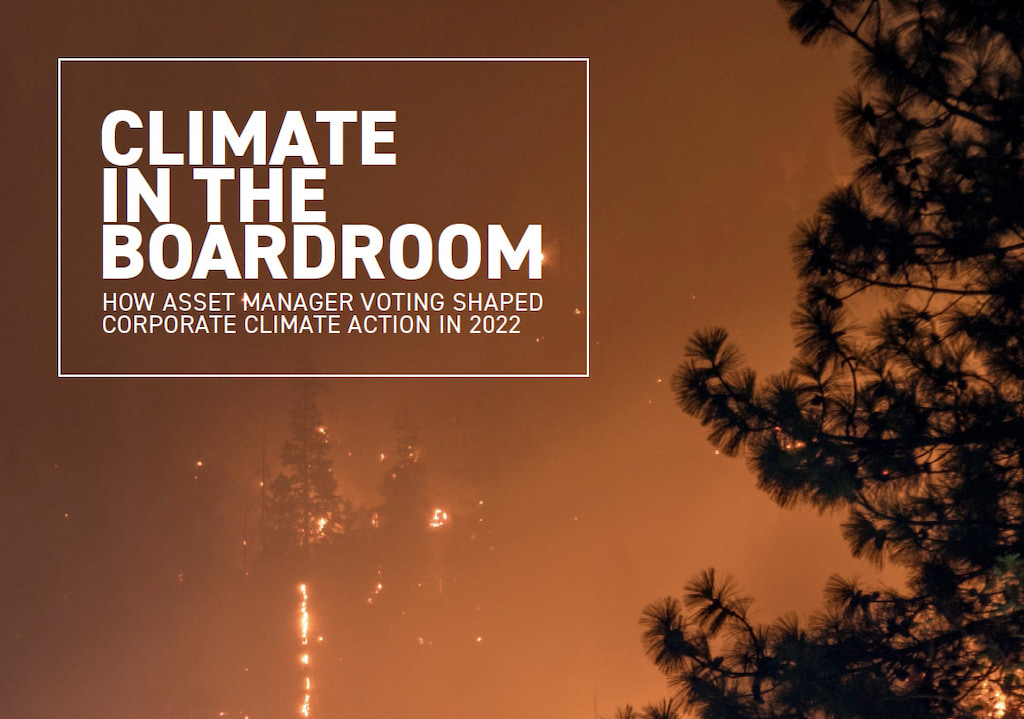
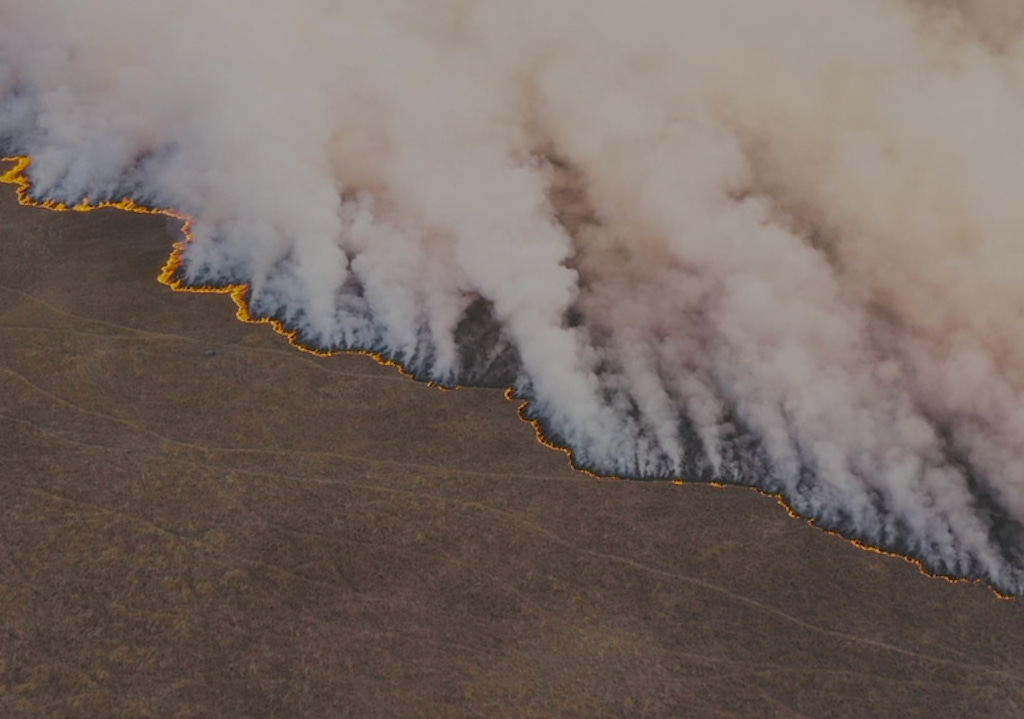

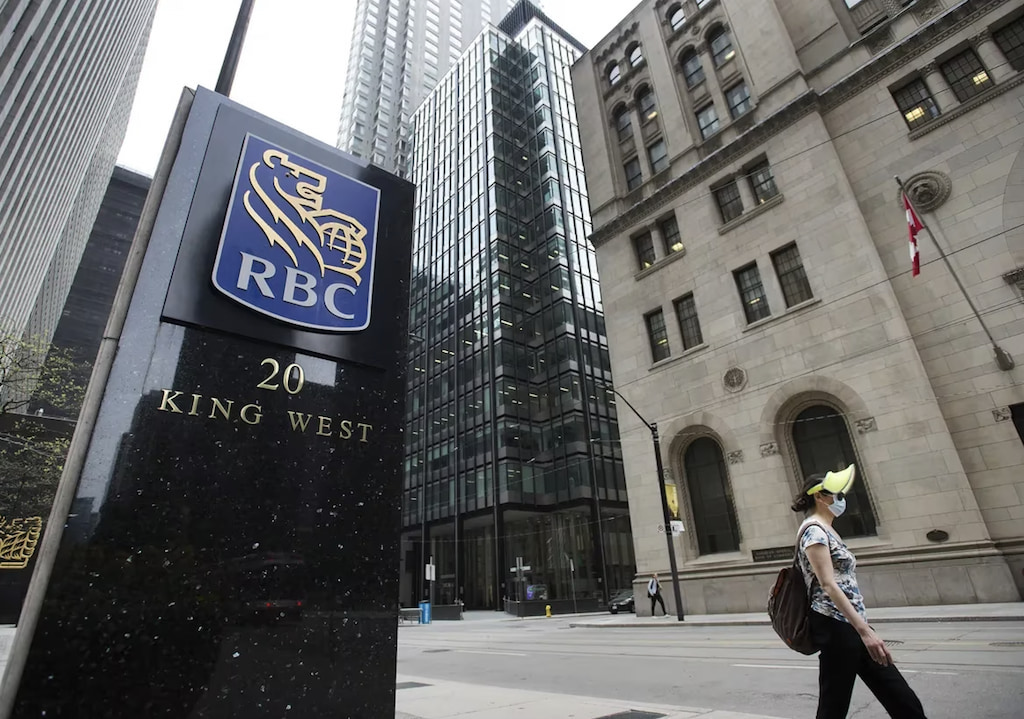



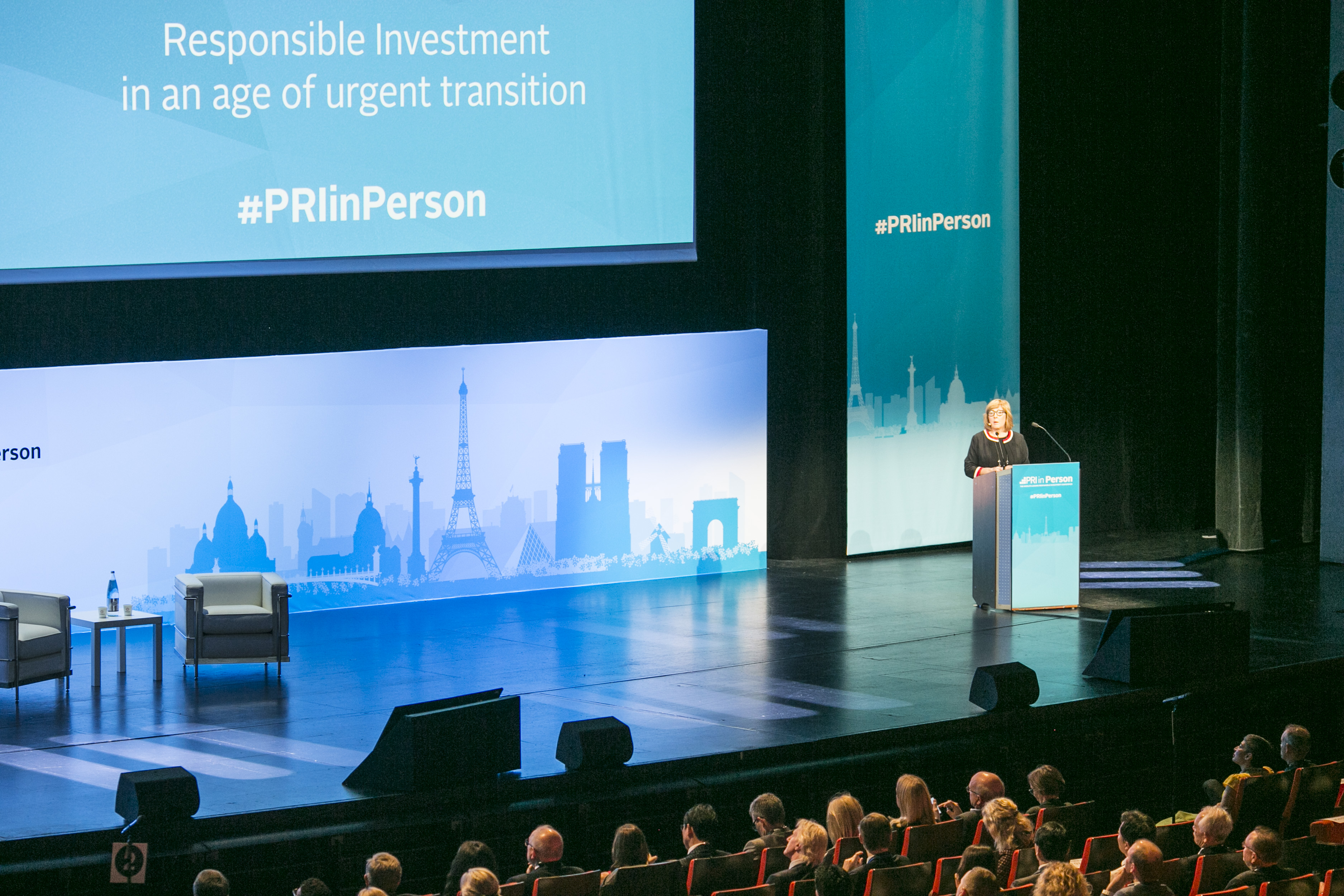
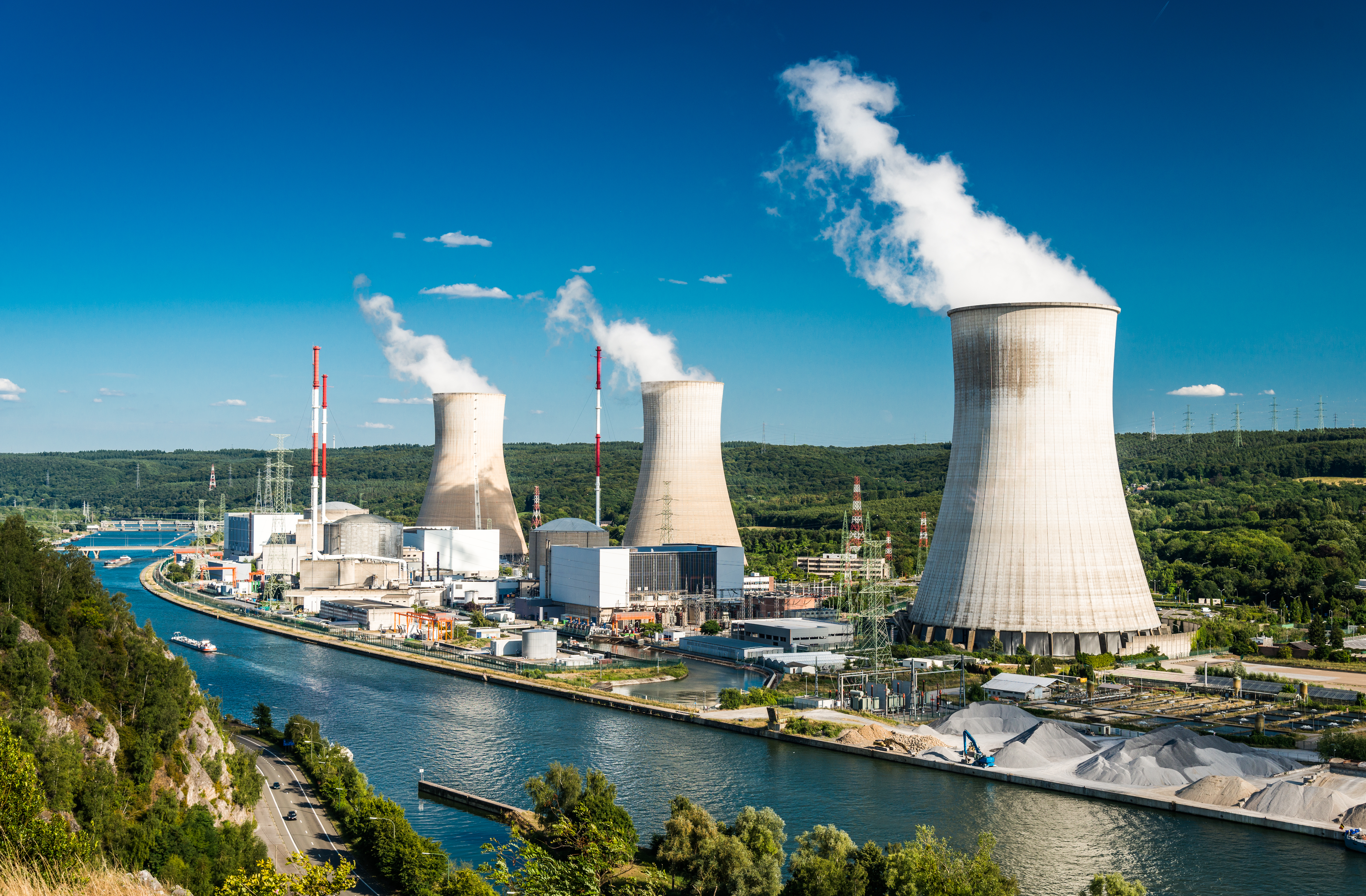
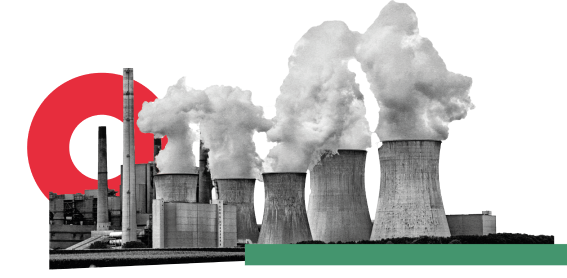


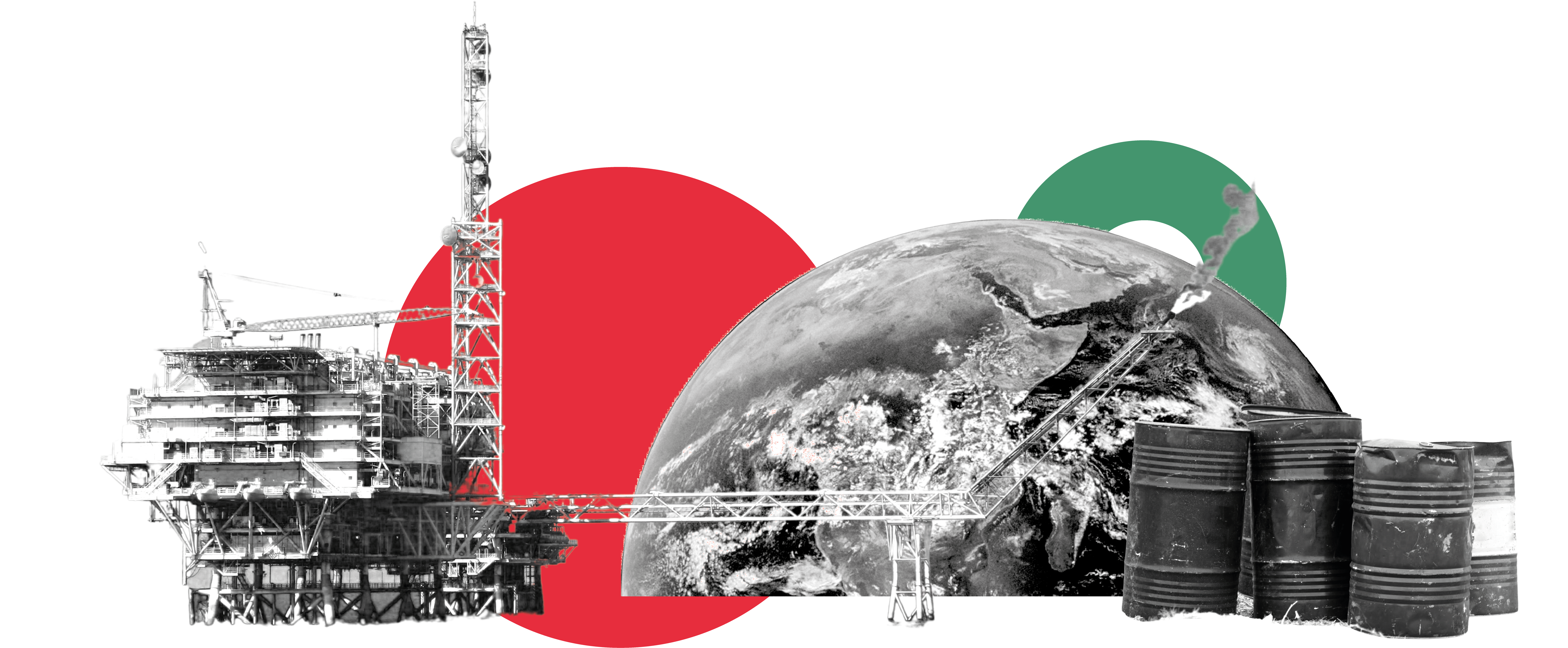

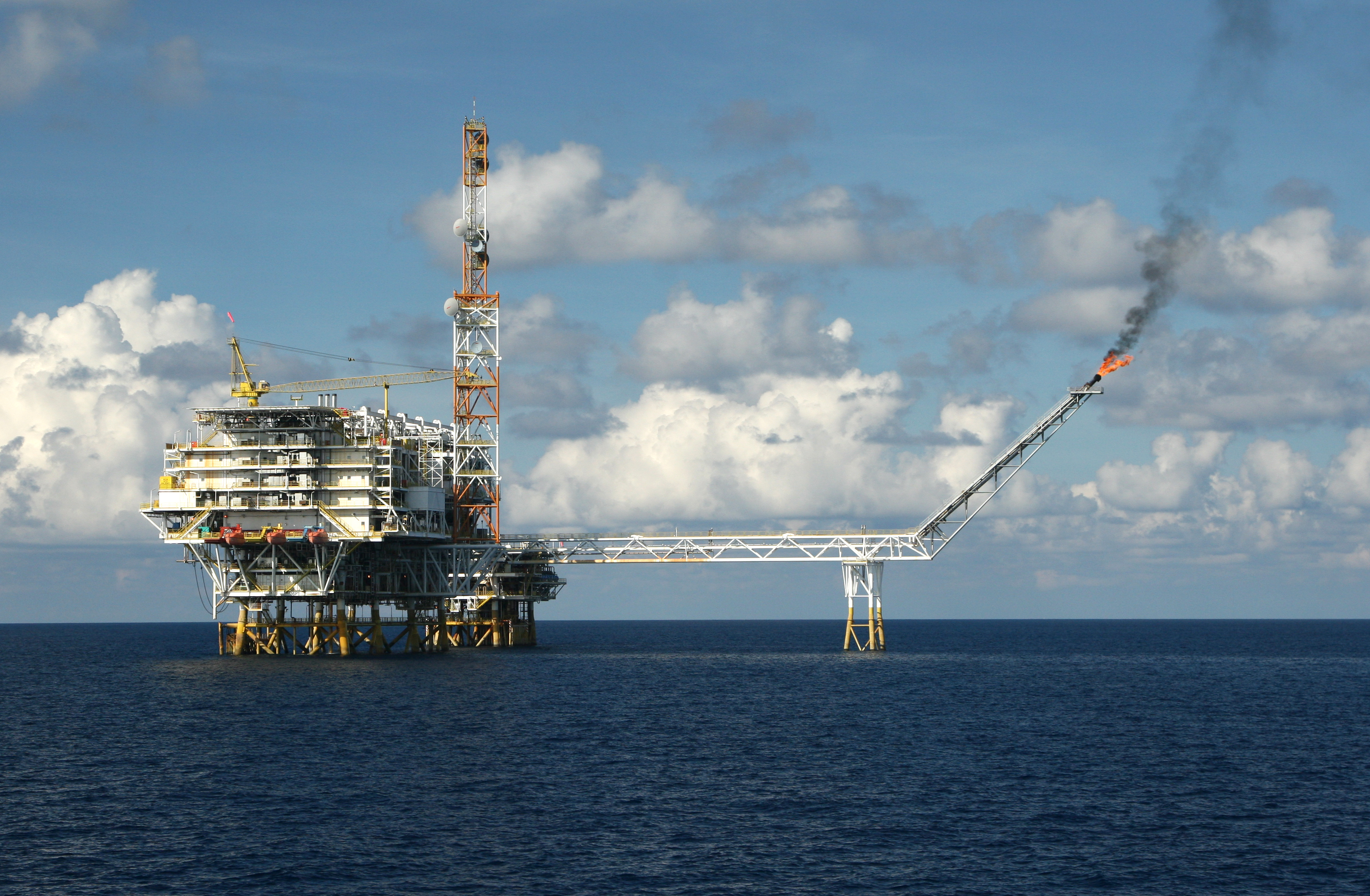
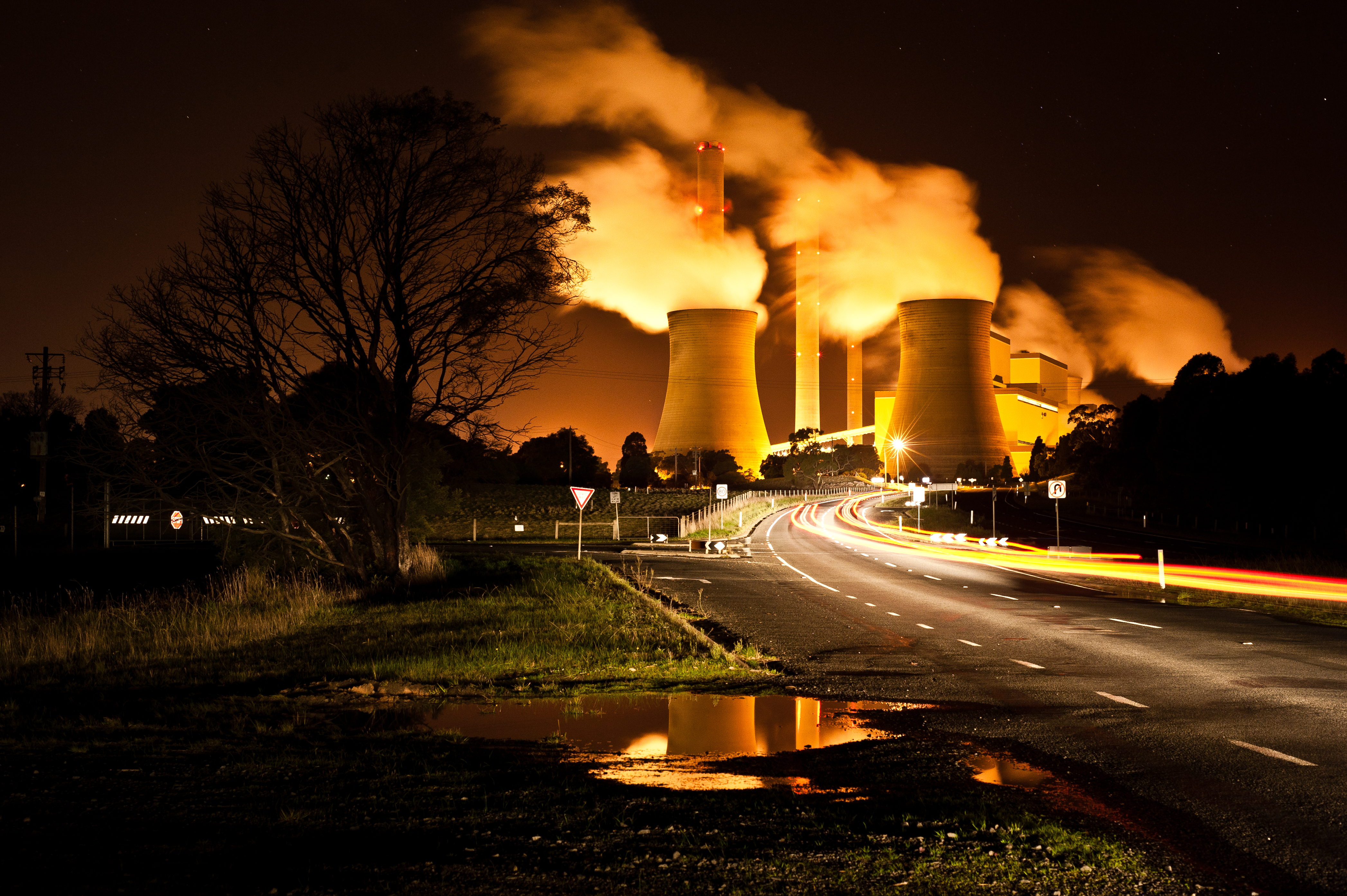

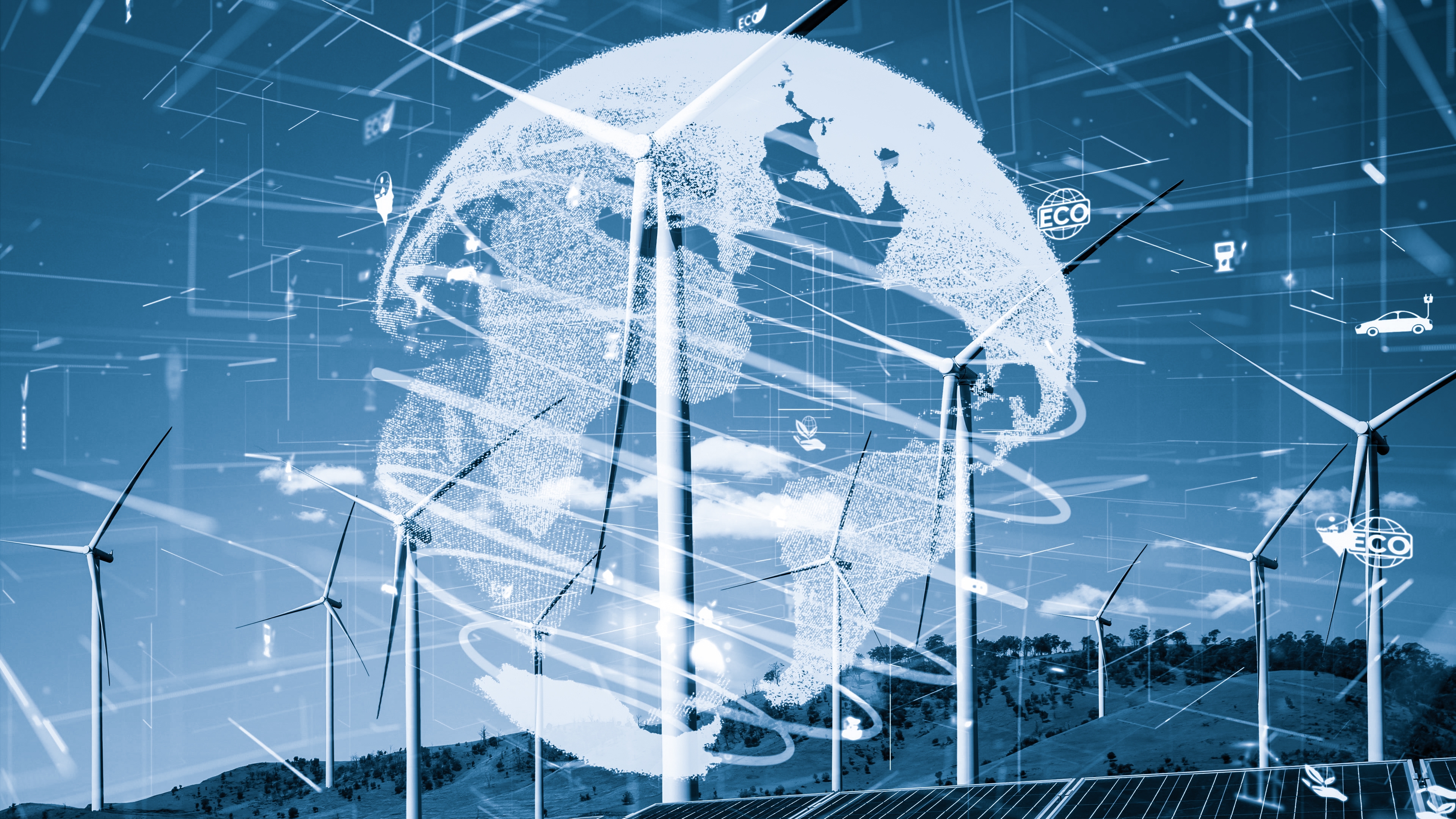
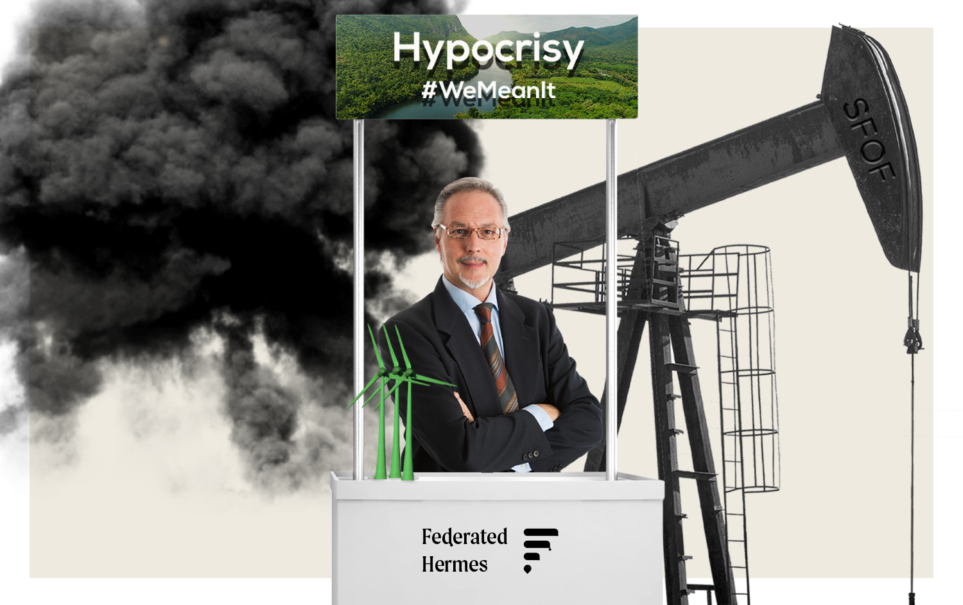

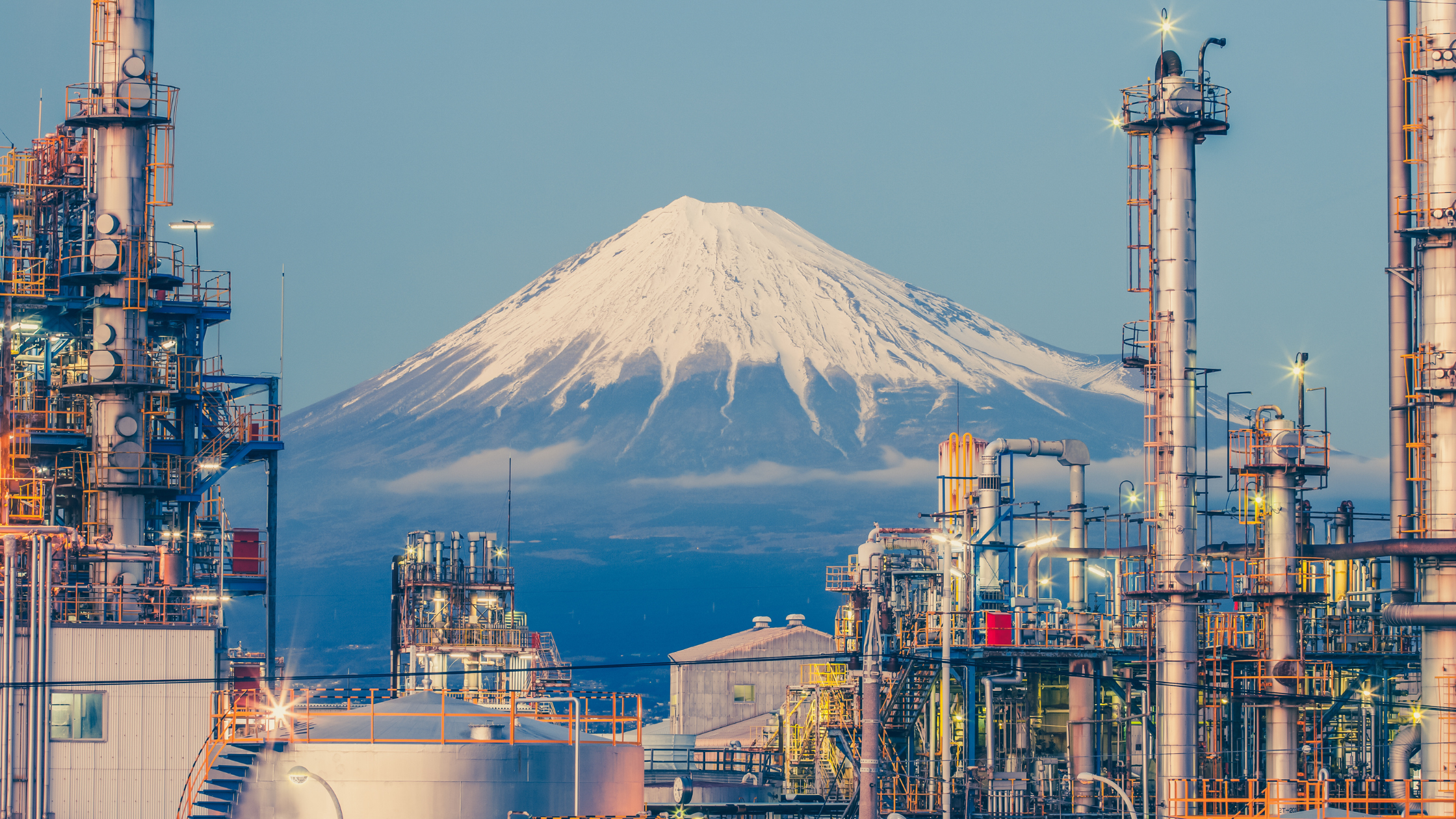

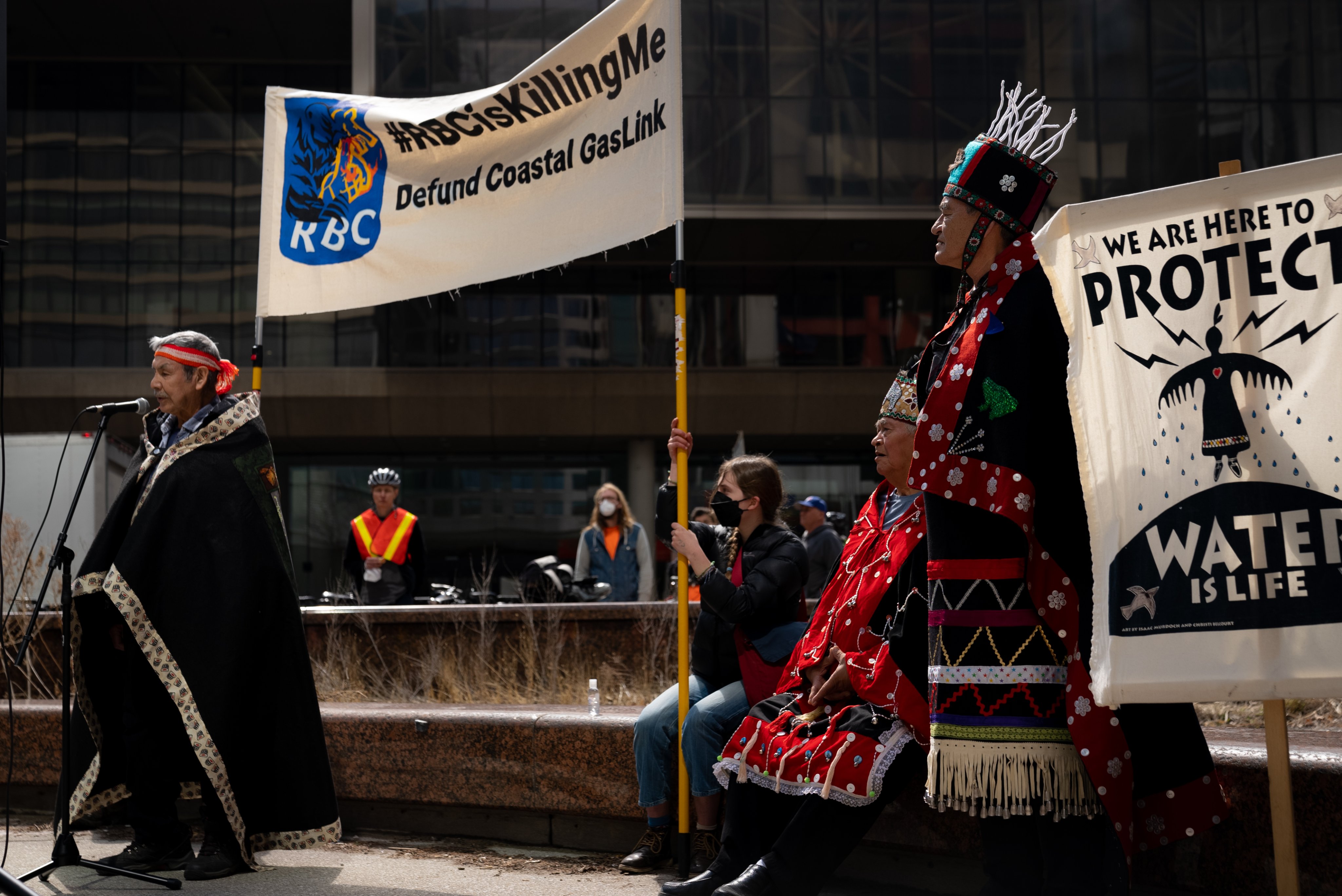




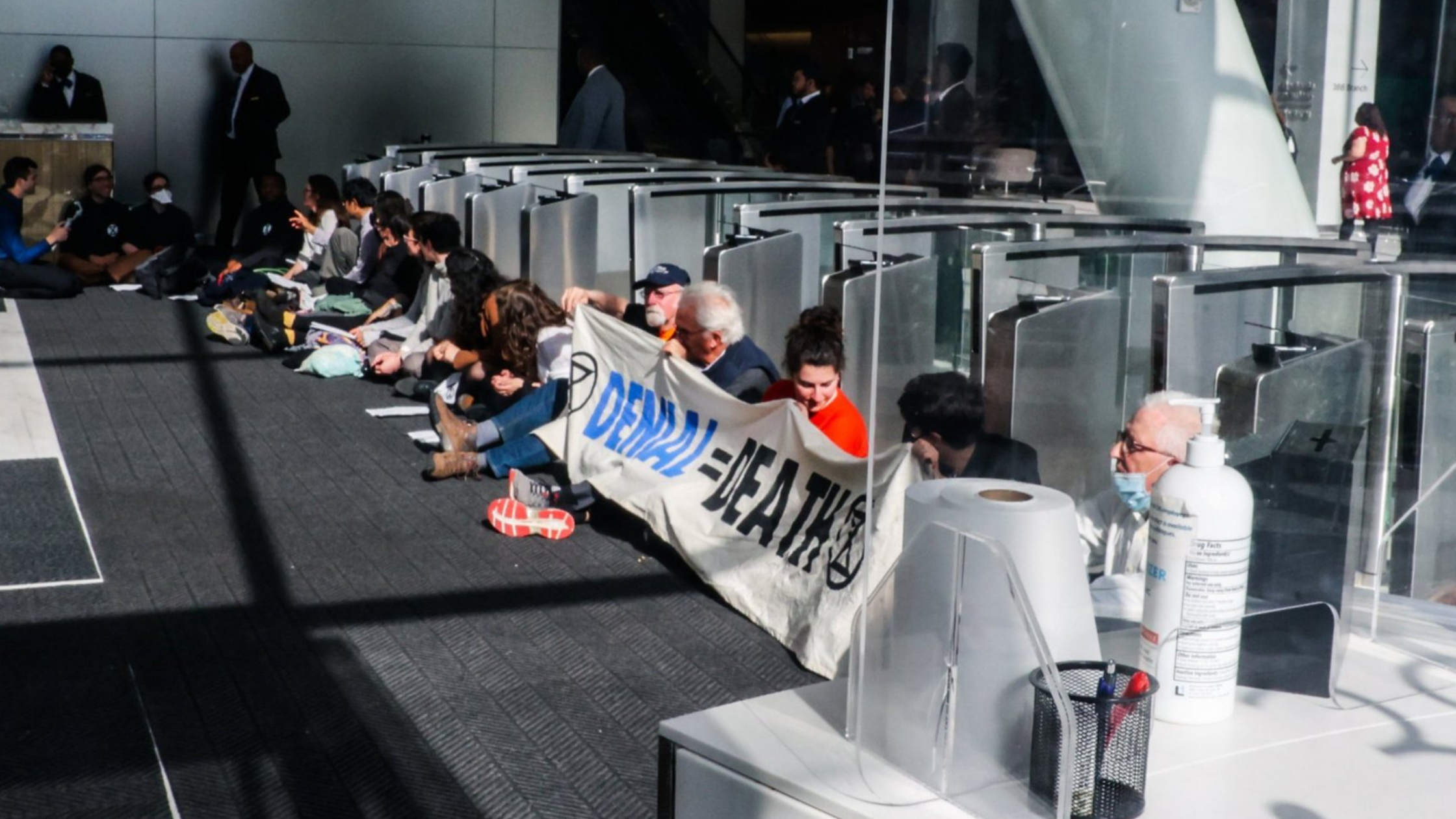




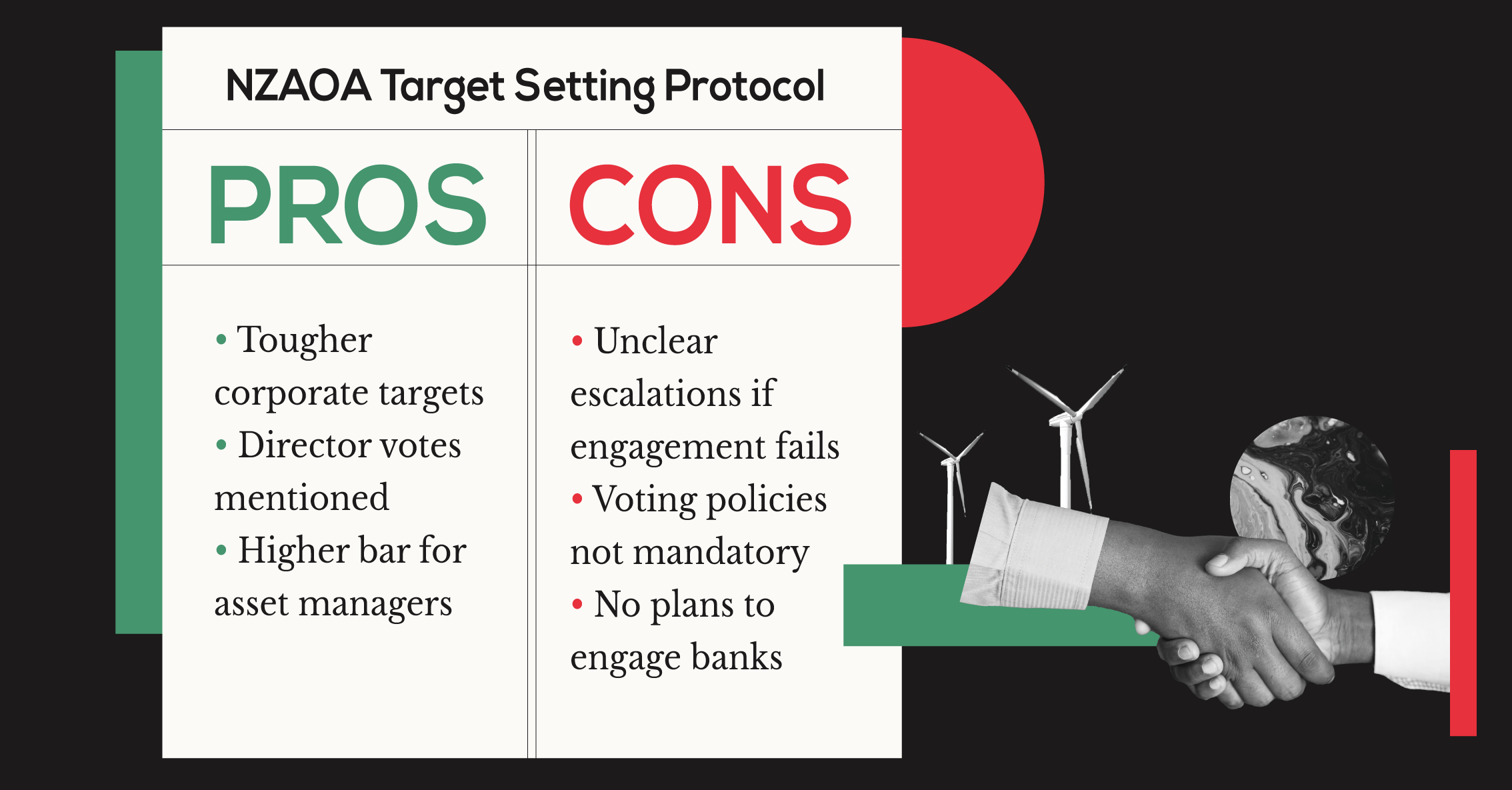
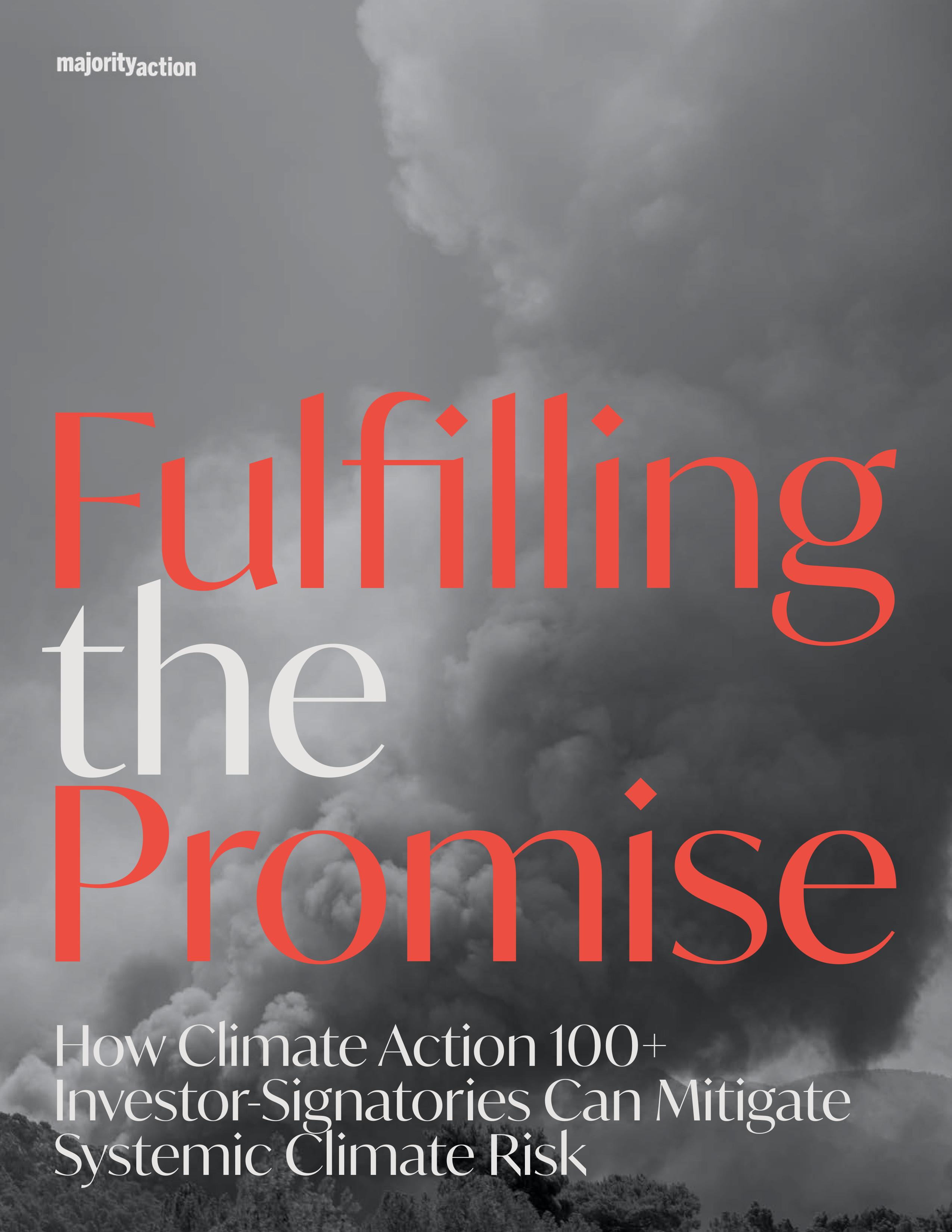
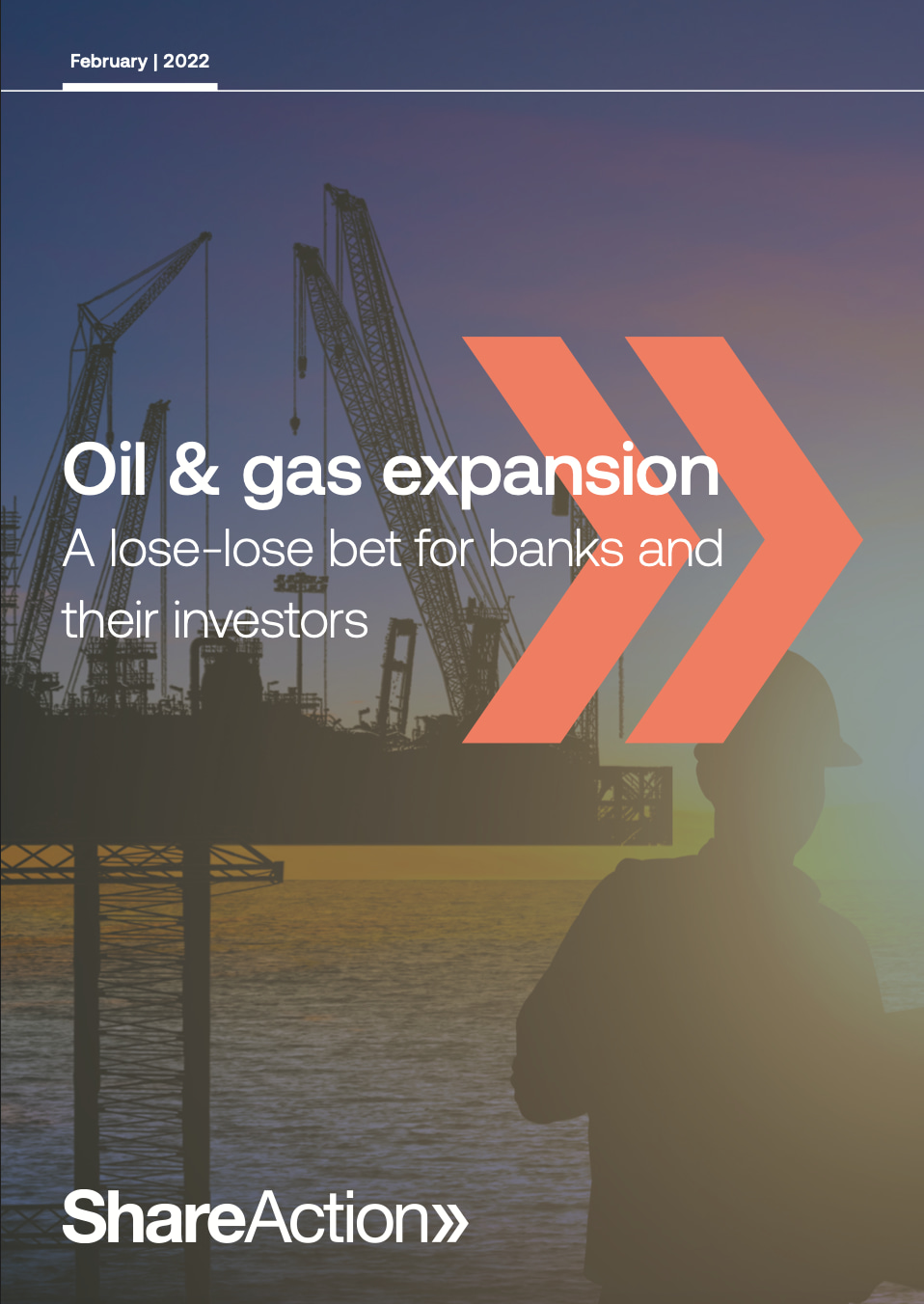
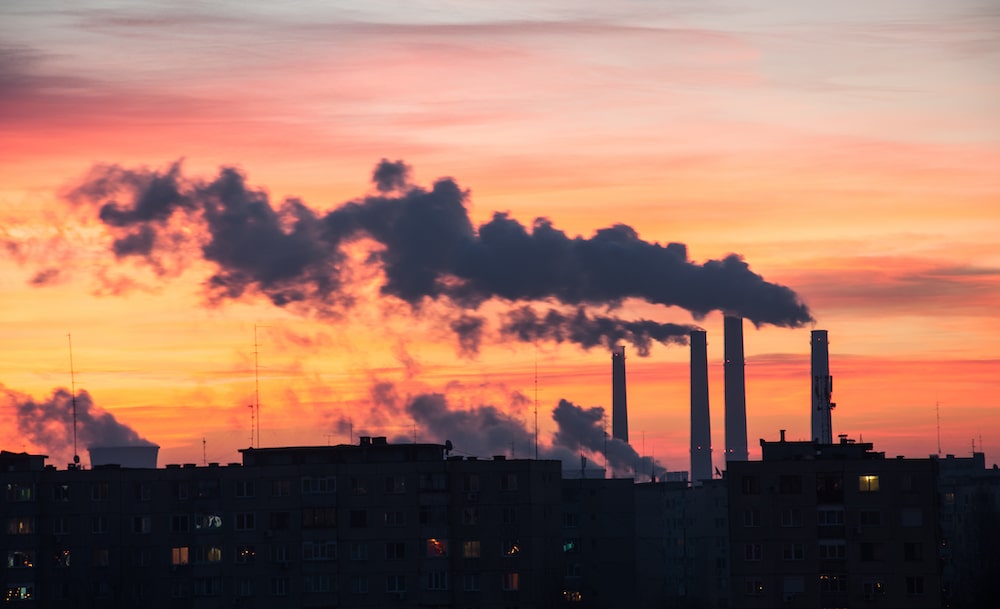
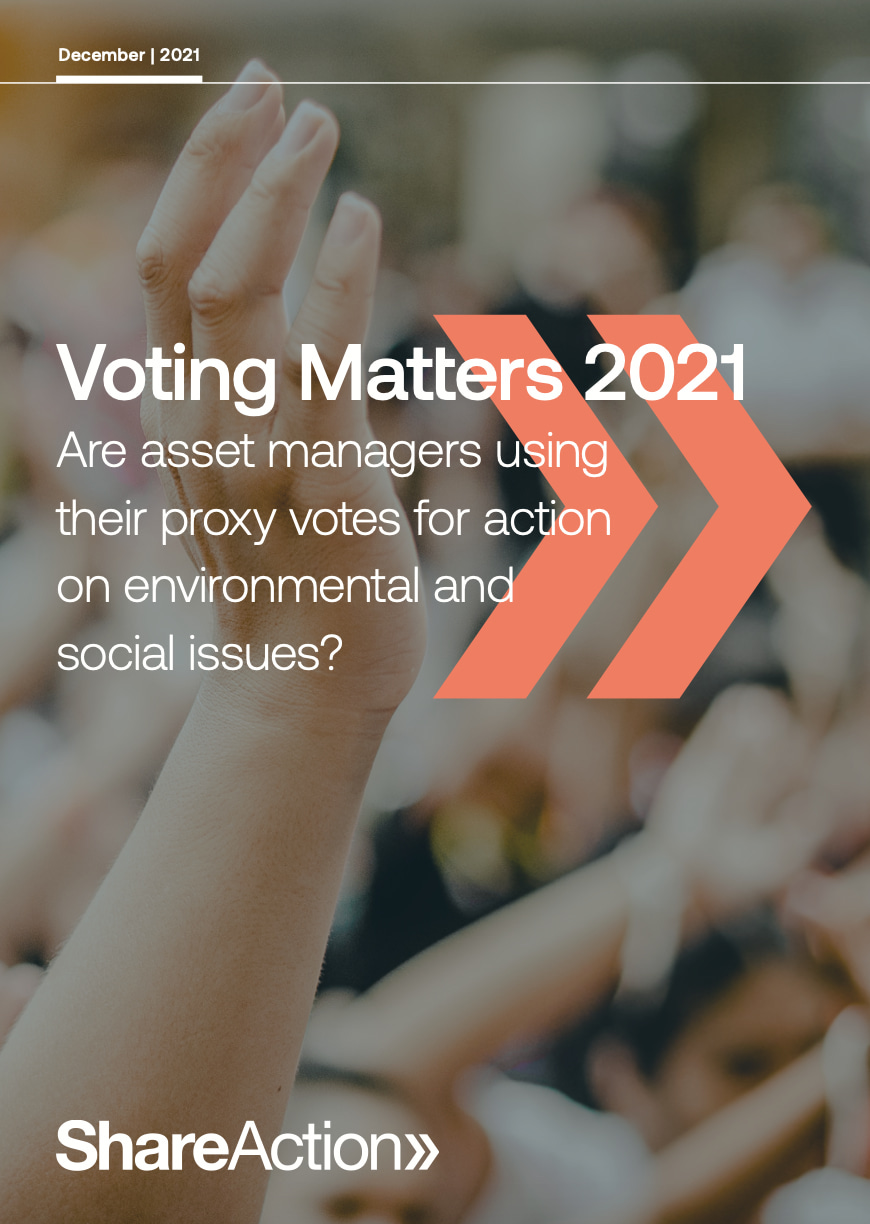
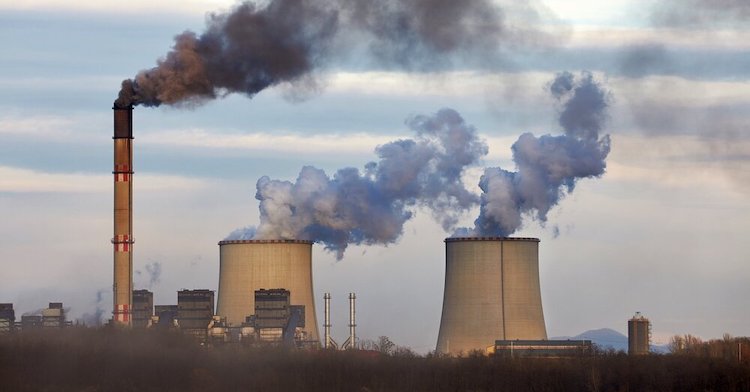
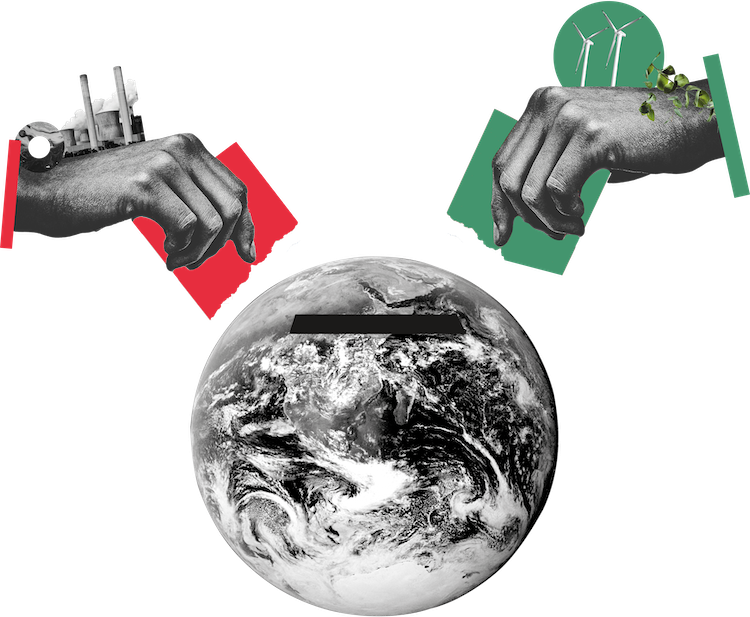

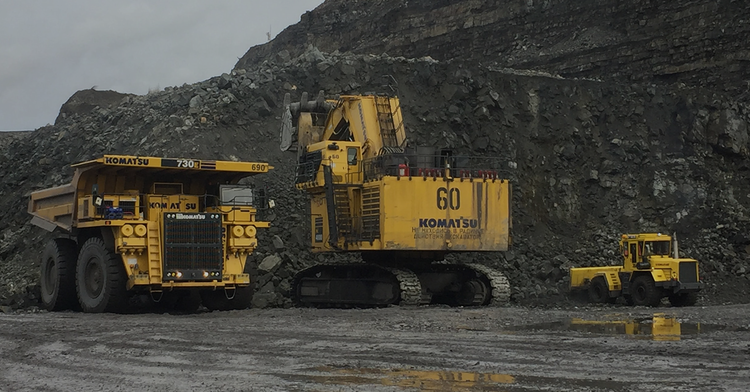
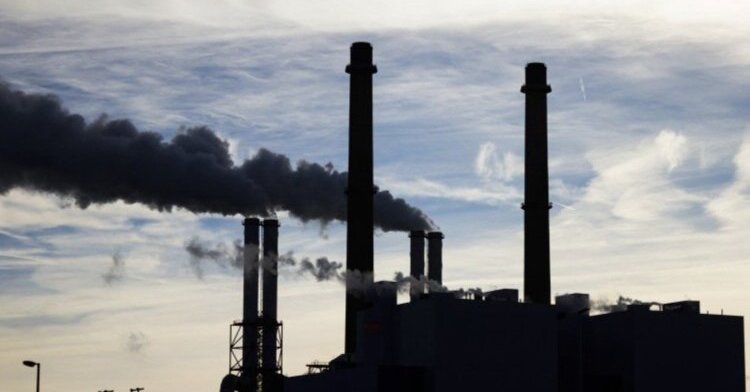
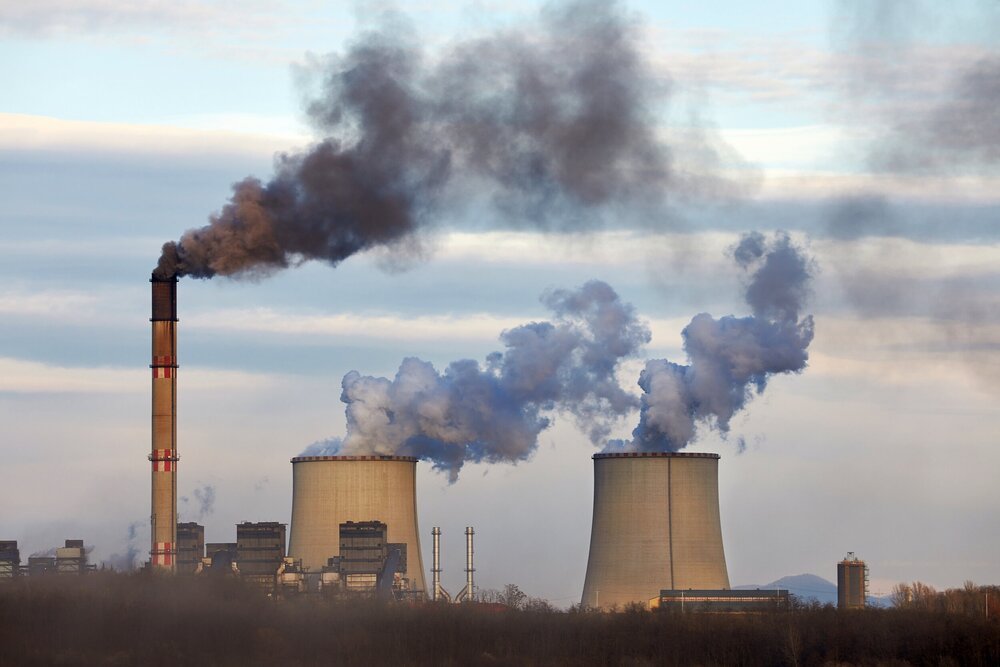
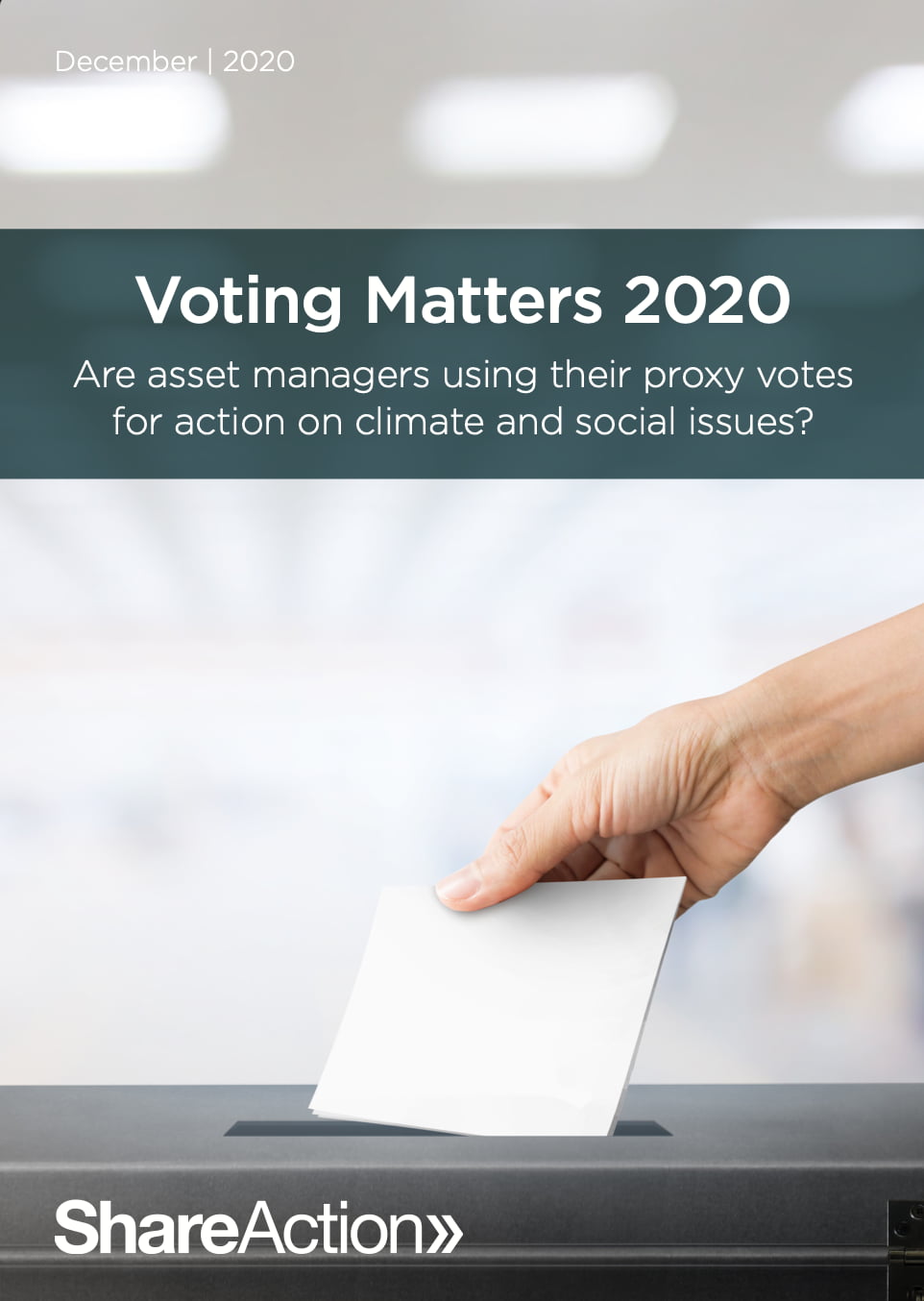
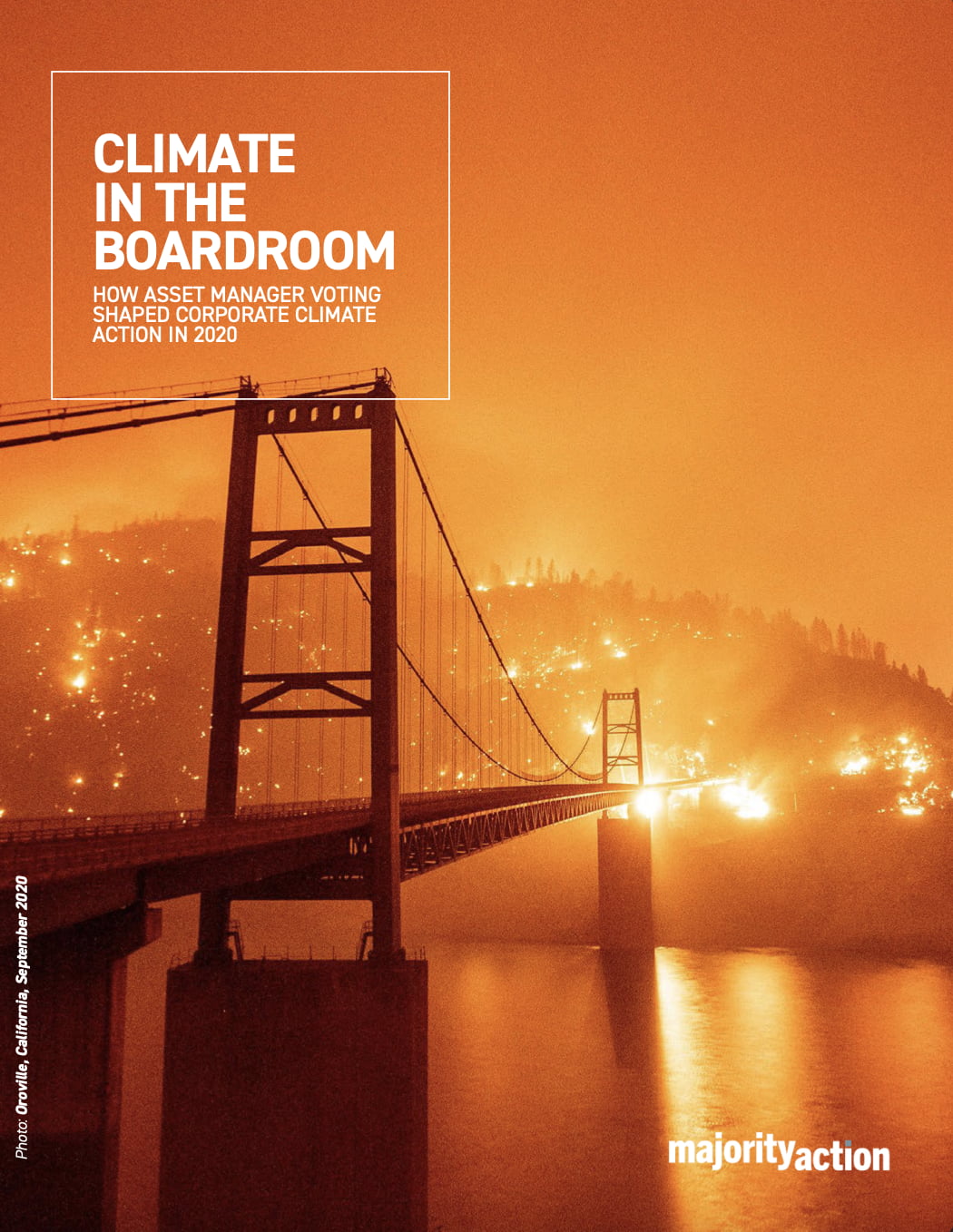
Share